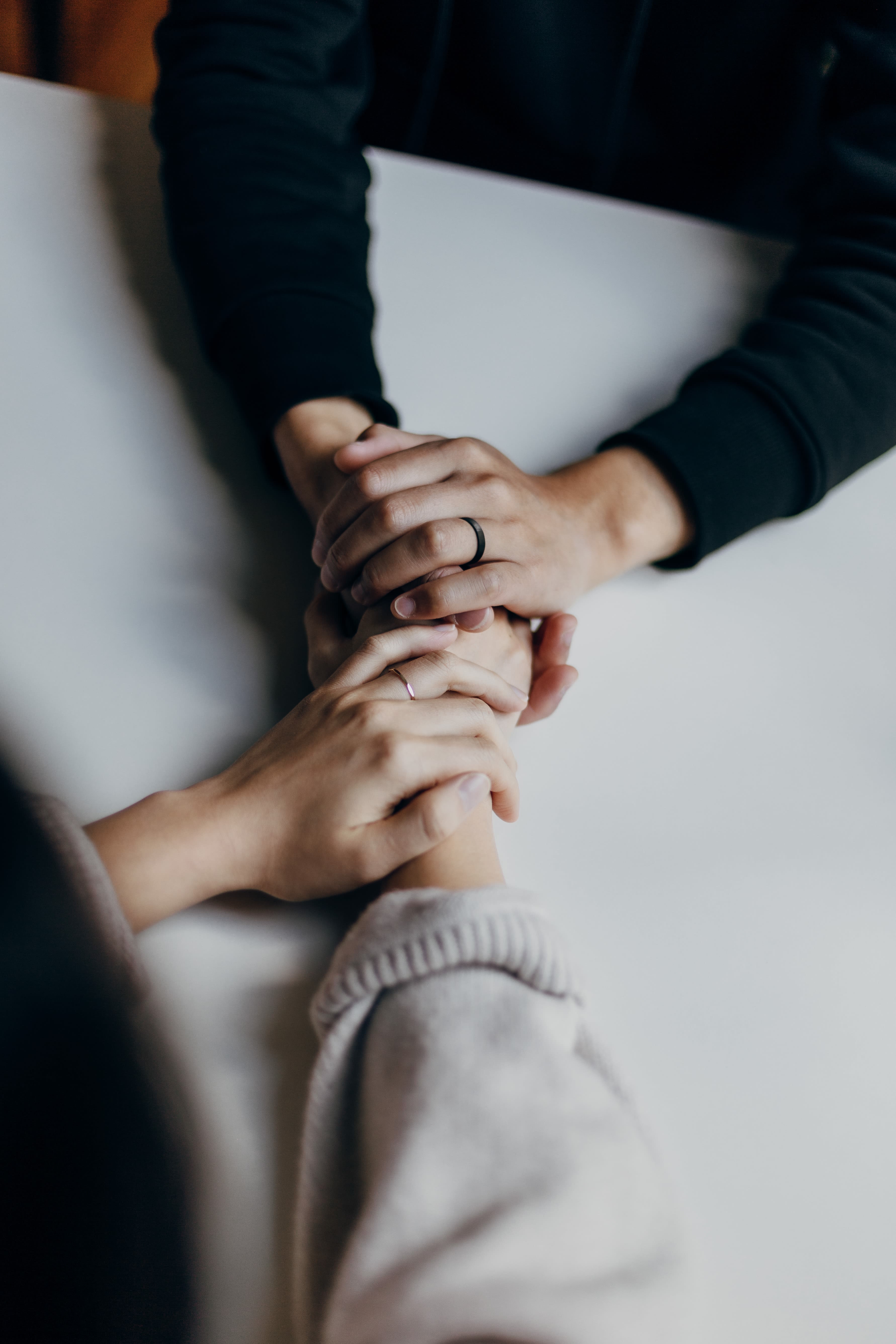Britain's real modern families
What does family mean in the UK today?
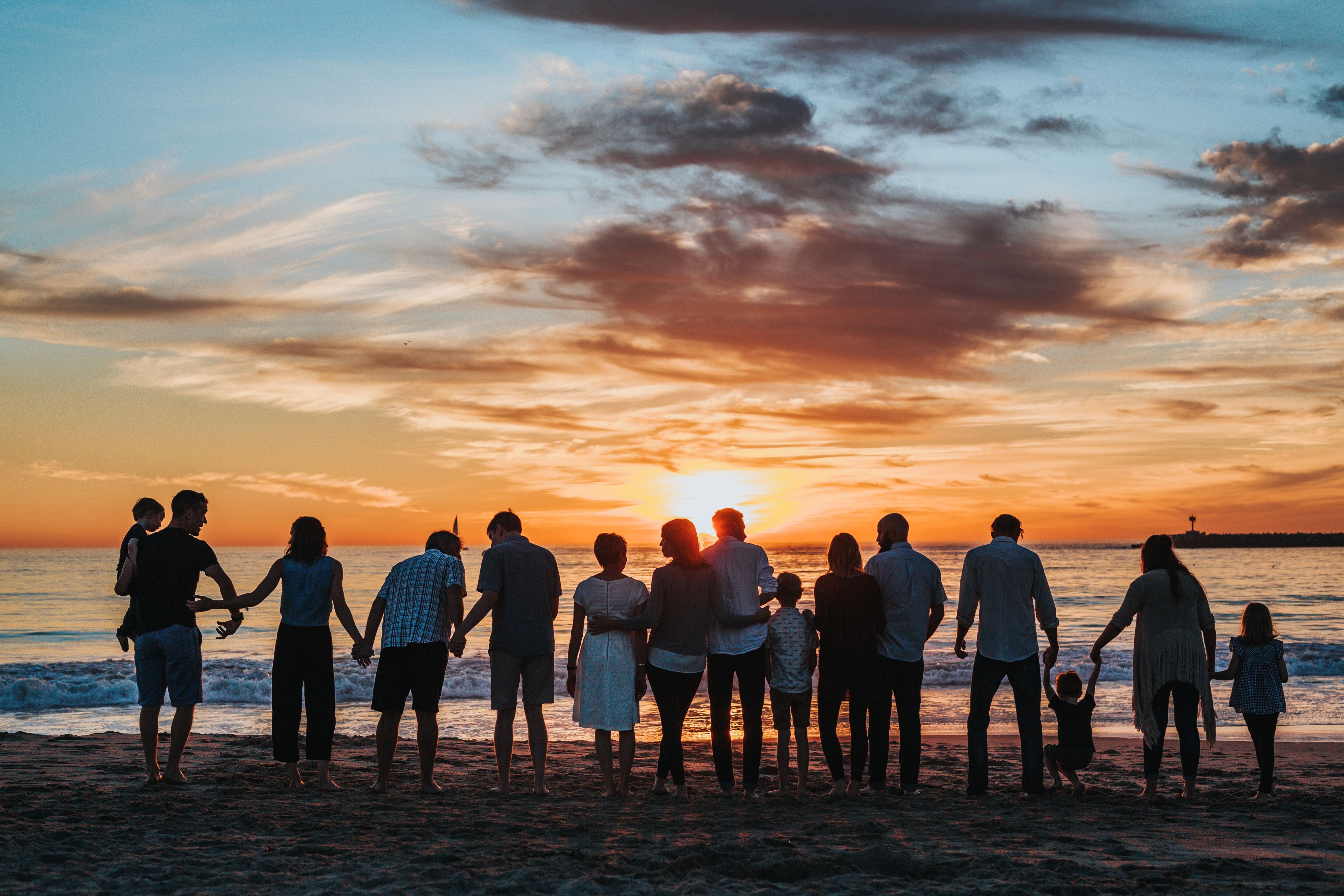
There are 16.9 million families in England and Wales today, according to the 2021 census.
For many of us, the relationships formed within these families are some of the most significant, meaningful and enduring we will make in our lifetime.
Yet a concrete definition of ‘family’ is hard to pin down.
Family may mean marriage and children to some, but for others it could mean co-habiting with a long-term partner, helping to raise a partner's children from a previous relationship, or raising children alone in a single parent family.
In May 2023, Conservative MP Danny Kruger sparked controversy when he voiced a clear preference for families formed traditionally, with a marriage between a man and a woman.
Speaking at the National Conservatism conference on 16 May, the Devizes MP said: “The normative family, held together by marriage, by mother and father sticking together for the sake of the children, and the sake of their own parents and the sake of themselves, this is the only possible basis for a safe and successful society.”
Kruger’s comments were quickly rebuffed by several of his Conservative colleagues, with a Downing Street spokesperson publicly distancing Prime Minister Rishi Sunak from the sentiment and emphasising that the Government does not endorse the agenda of the conference at which they were made.
While this conference was organised by right-wing US think tank, the Edmund Burke Foundation, similar views have been voiced by Kruger and a number of other MPs on more mainstream political platforms.
During a 2020 Parliamentary debate on the introduction of no-fault divorce, a number of MPs expressed concern that the legislation would undermine traditional family values.
Blackpool South MP Scott Benton urged the Government to do more to support normative families.
He said: “The traditional family is a cornerstone of a strong society, and marriage is the glue that holds families together.”
Christopher Chope, Conservative MP for Christchurch, questioned the Government’s motives, suggesting their support for the Bill had made them: “inadvertently collaborators with cultural Marxism in seeking to undermine nuclear families.”
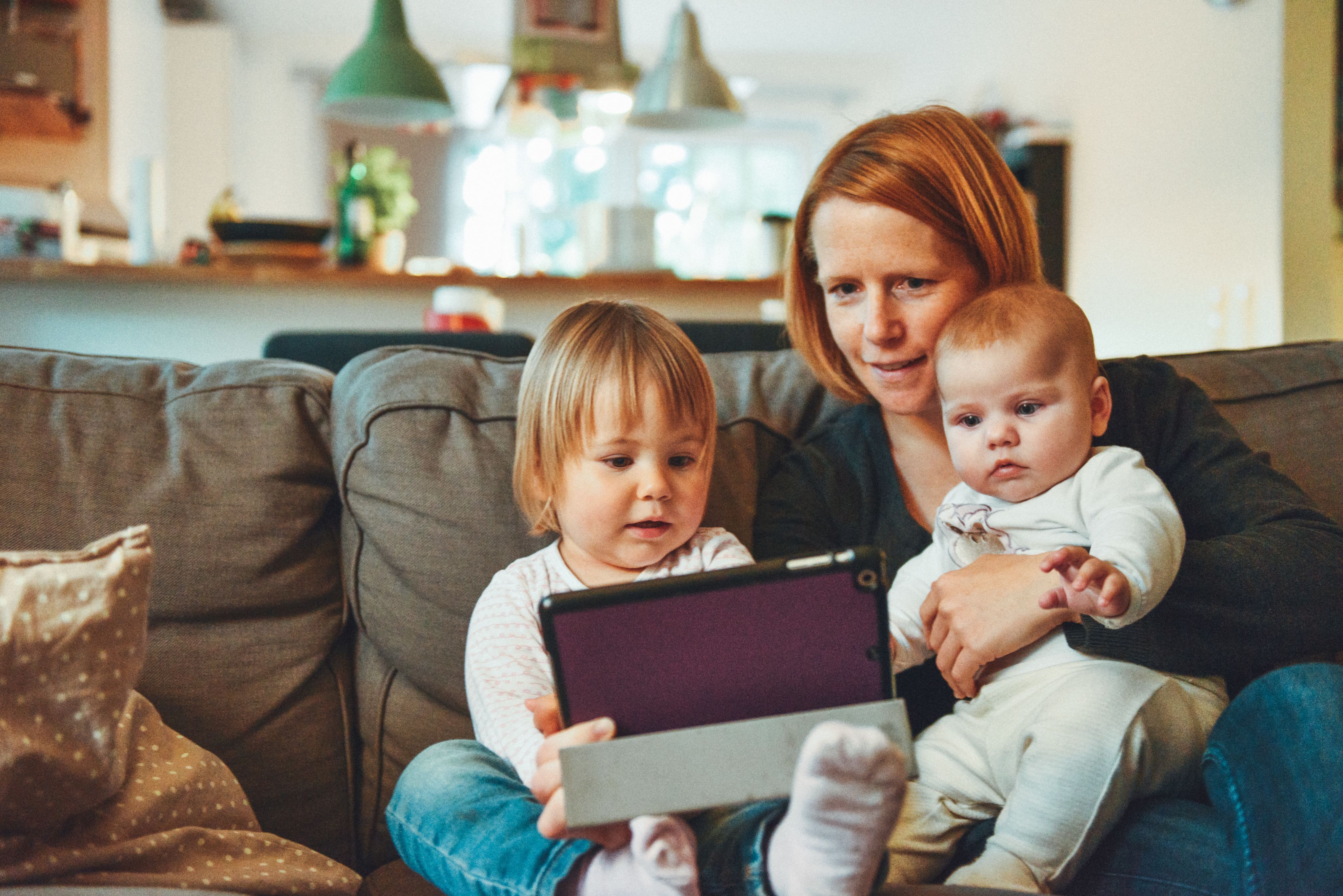
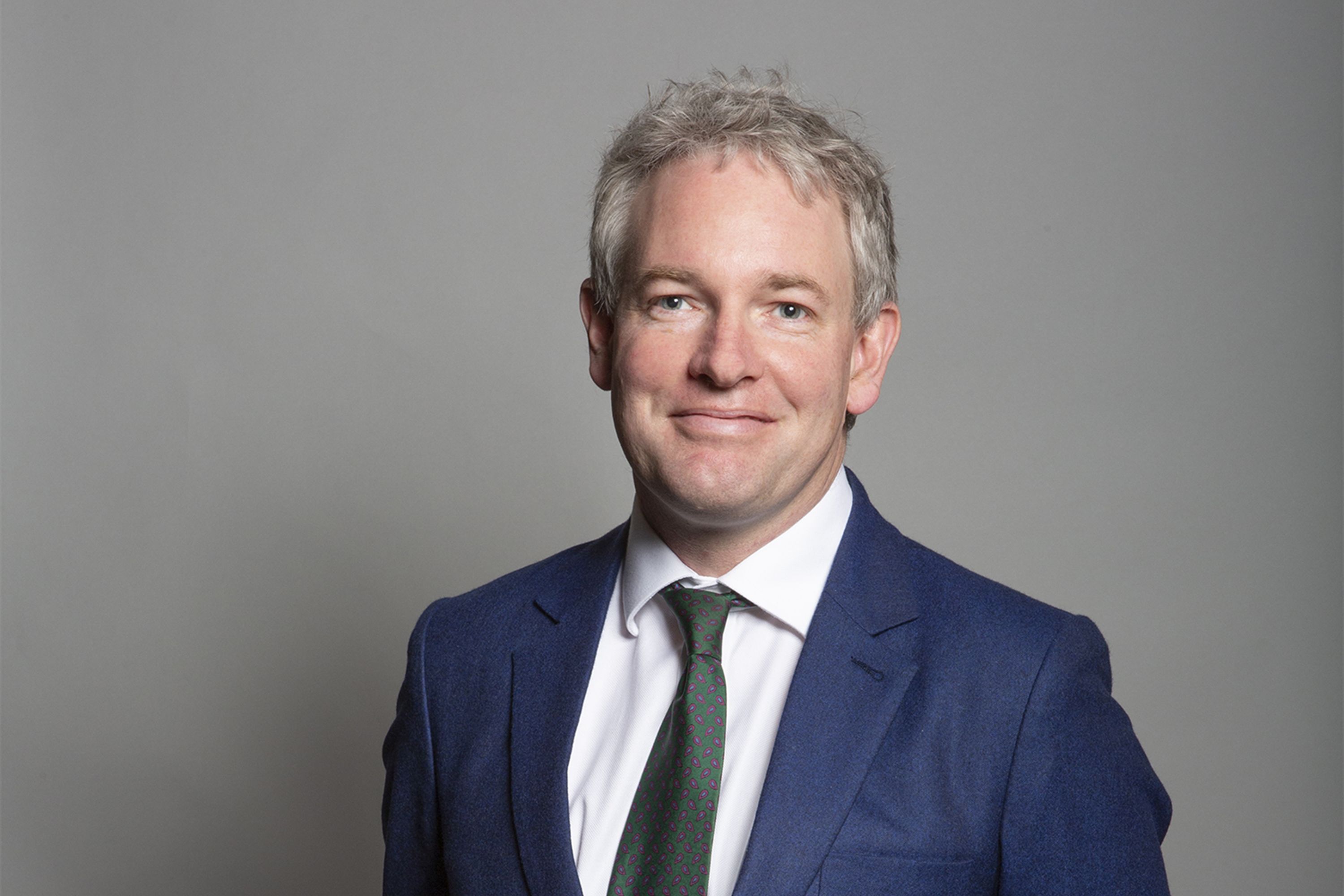
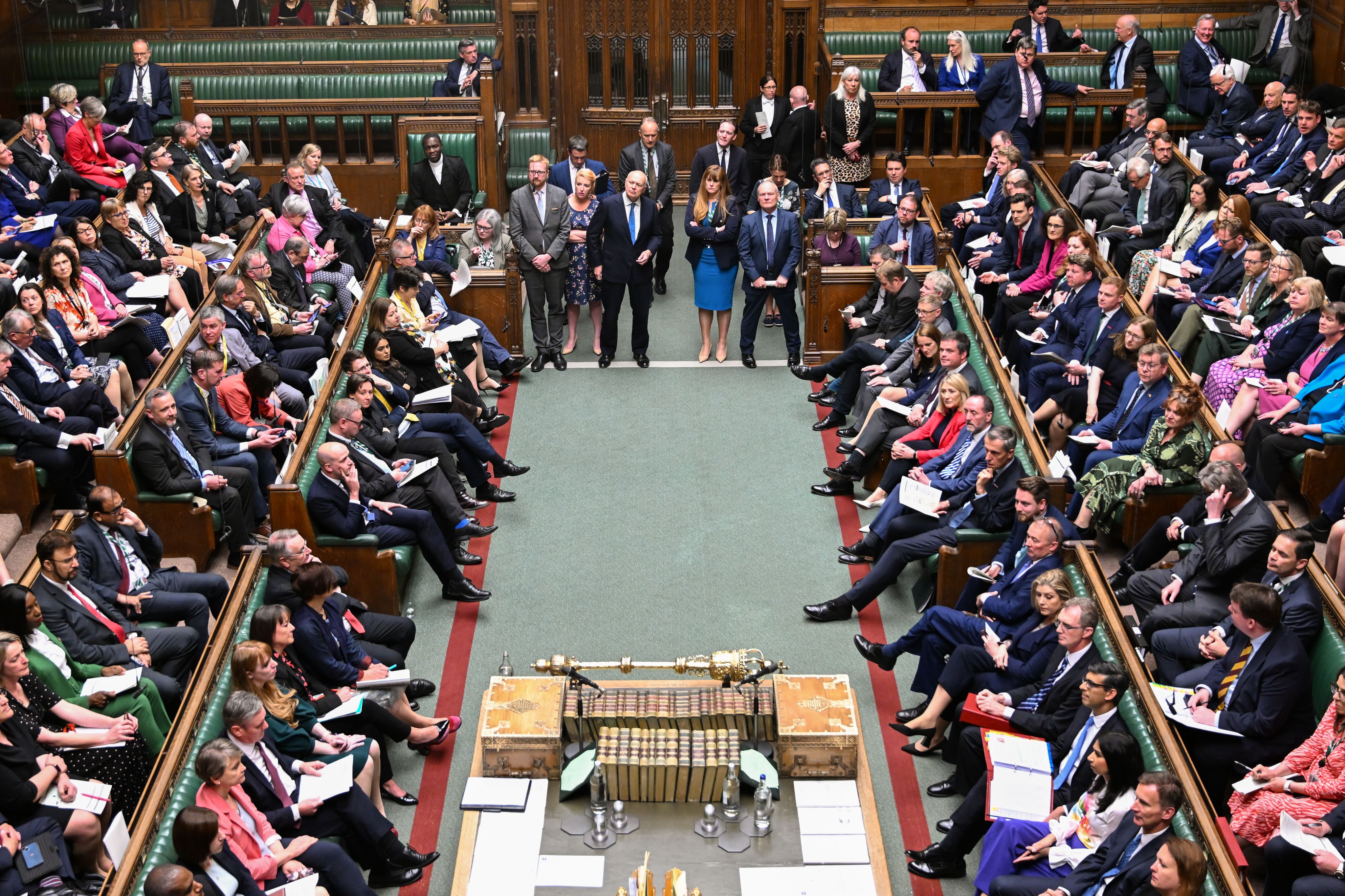
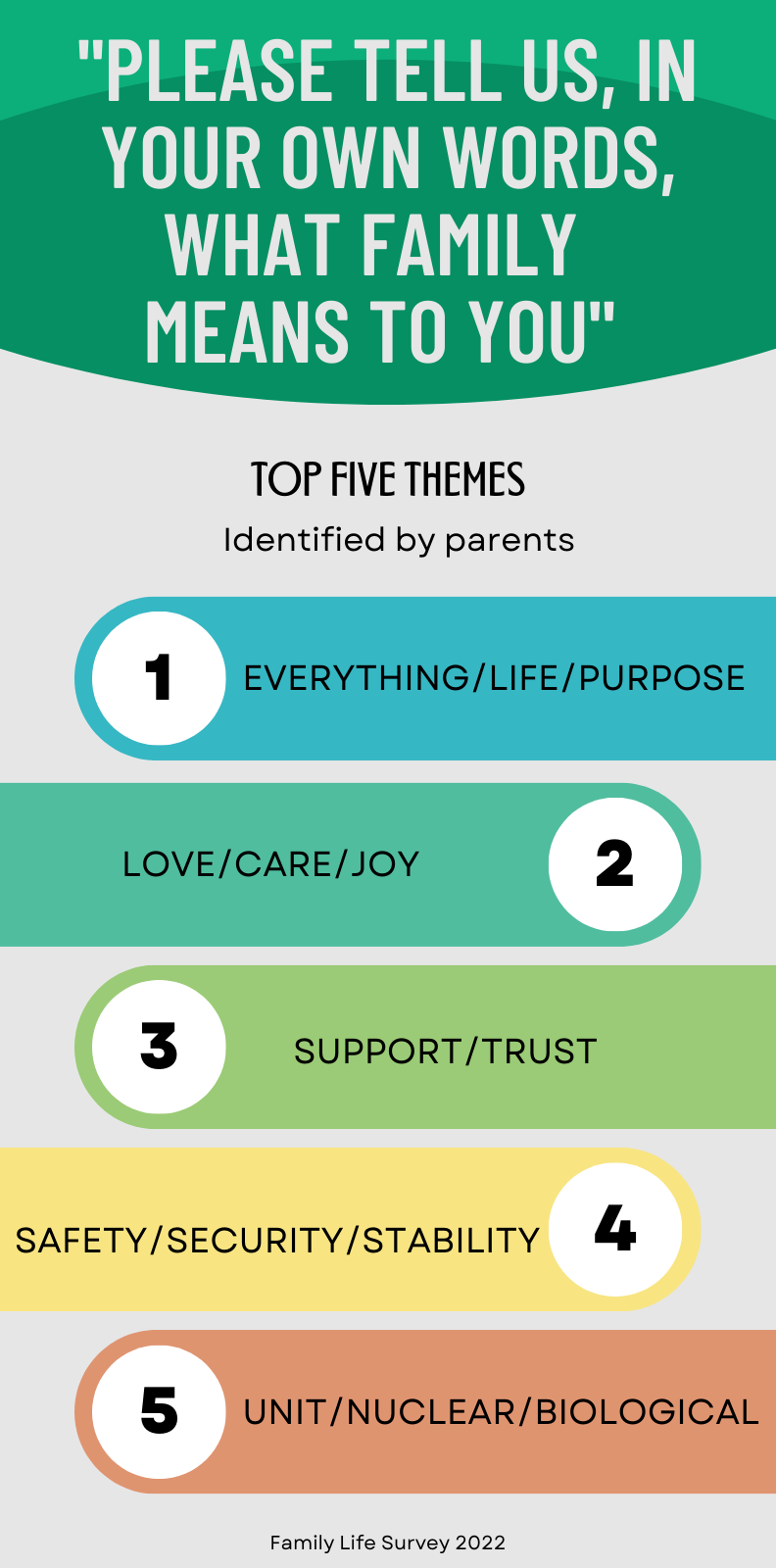
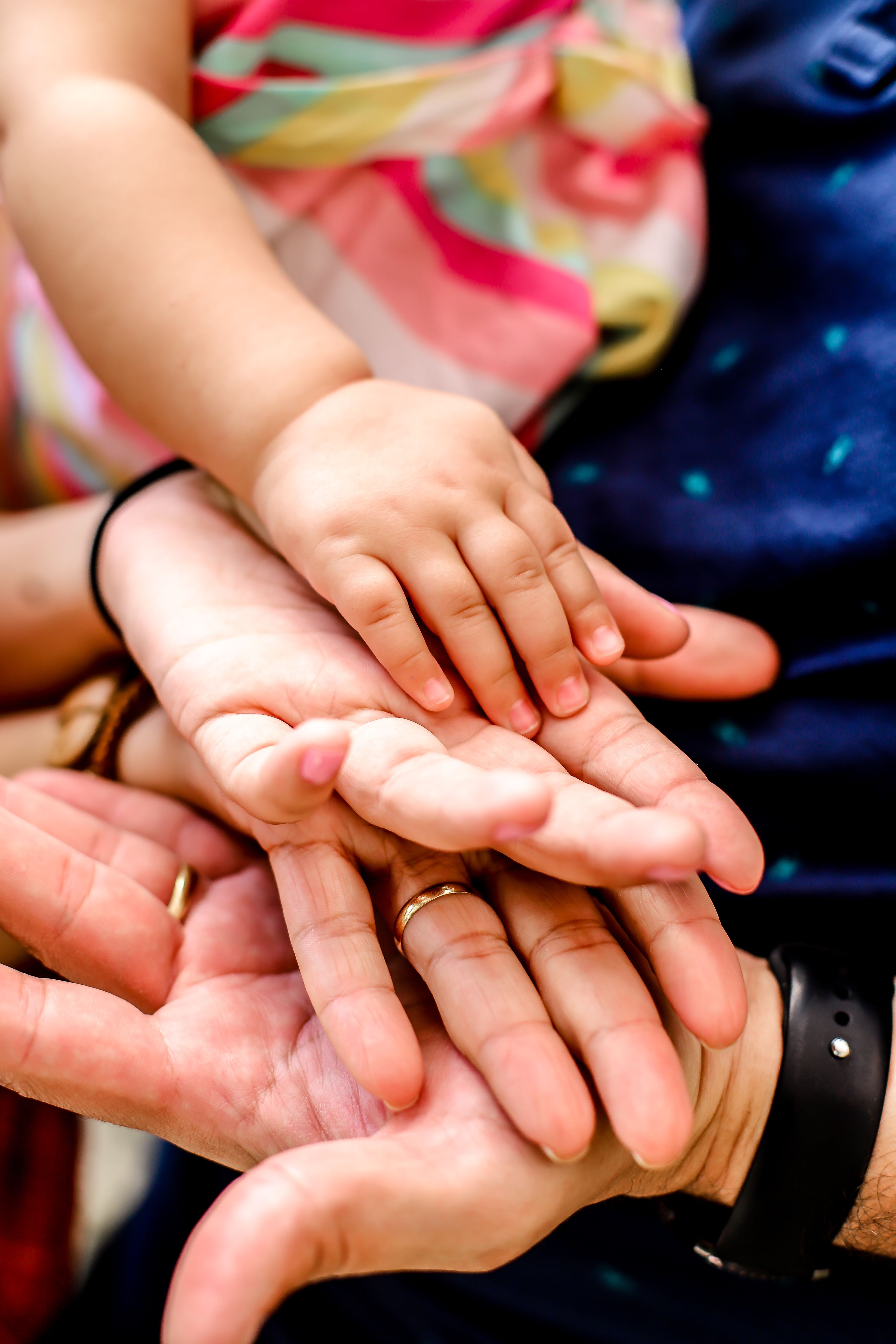
Photo by Luana Azevedo on Unsplash
Photo by Luana Azevedo on Unsplash
The belief that family is important in the UK is not controversial in itself.
When asked what family meant to them, the most common response among parents and children participating in the 2022 Family Life survey was that it is ‘everything’.
It is Kruger's narrow definition of family that has sparked debate.
The Office for National Statistics (ONS) defines ‘family’ as “a married, civil-partnered or cohabiting couple with or without children, or a lone parent with at least one child, who lives at the same address.”
Dee Holmes, a clinical services manager at the country’s largest relationship support provider, Relate, believes politicians should embrace this diversity and support healthy relationships of all kinds.
She said: “If people want to be living in a single parent home with their children, then we should be supporting that.
"If people want to live in multigenerational and polyamorous relationships and LGBT families they should all be supported in an equal way so that they can have the healthiest relationships they can.”
For Holmes, encouraging couples to stay in a marriage ‘for the sake of the children’ is not always the correct choice.
She said: “I don’t think necessarily for children that parents separating is a bad thing if it wasn’t a happy relationship.
"I think what is the difficult thing and the not good thing for children is how that separation happens or how new relationships form.”
In her 27 years at Relate, Holmes has seen several successful ‘blended’ families, where separated couples have come together to successfully co-parent alongside new partners, but she emphasised that the hurt surrounding separation and divorce means this process is not always smooth.
However, she believes the 2022 introduction of no-fault divorce, which removed the requirement for couples to assign blame when ending their marriage, was a step towards easing this process:
'There's no such thing as halves'
Annabelle Baugh
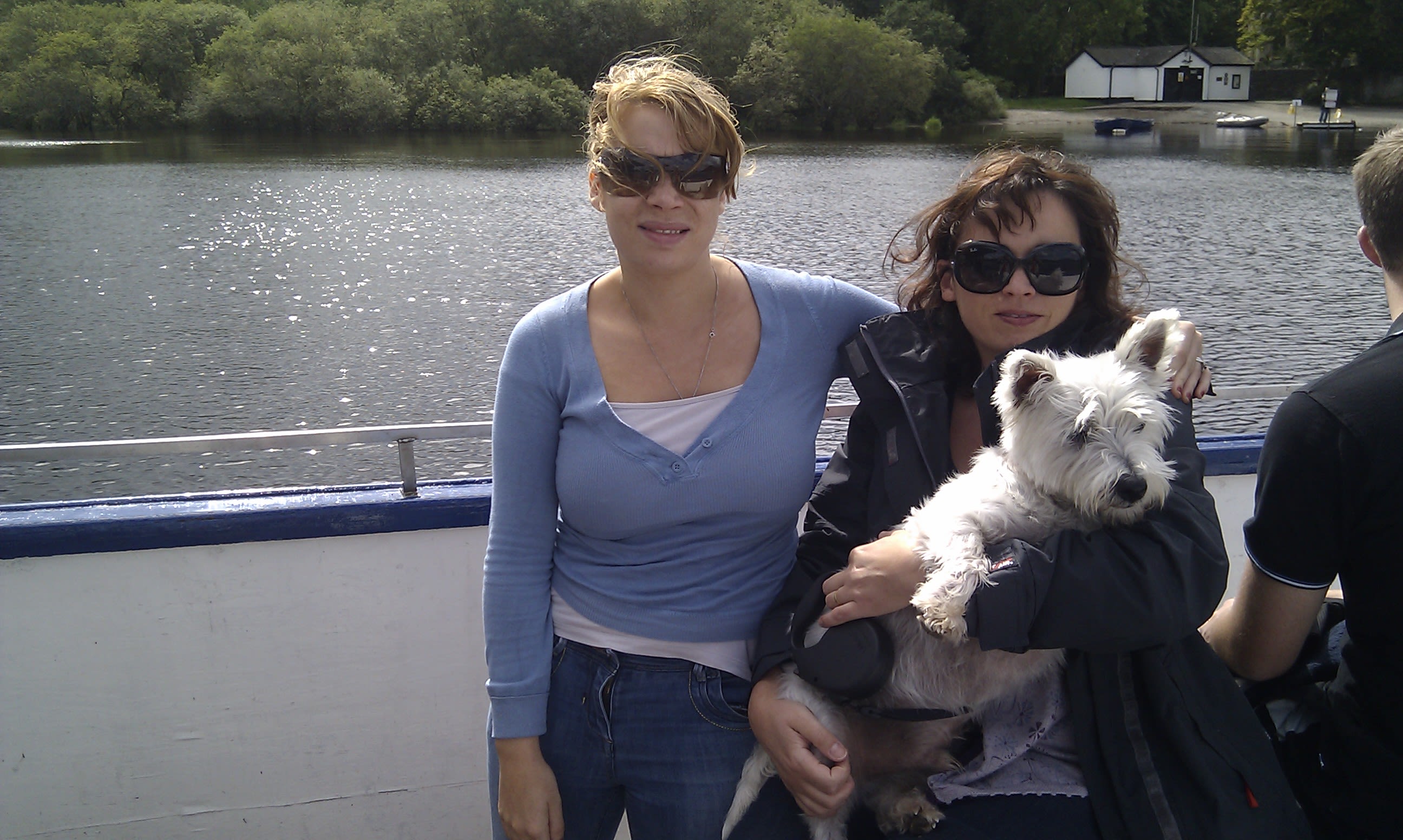
Senior Content Marketer Annabelle Baugh, 45, has had an overwhelmingly positive experience of parenting after divorce.
When she began her relationship with second husband Simon in 2002, Annabelle became part of what she refers to fondly as “the ultimate blended family”, including Simon’s seven-year-old son Louie and 12-year-old daughter Hanna.
She said: “The way I looked at it was, if I’m going to be with this man, then his children have to be as important to me as my own children, because otherwise there’s no point being in a relationship.”
The strong relationship Annabelle formed with the children meant that when she and Simon welcomed their son Byron the following year, Louie and Hanna embraced him fully as their brother.
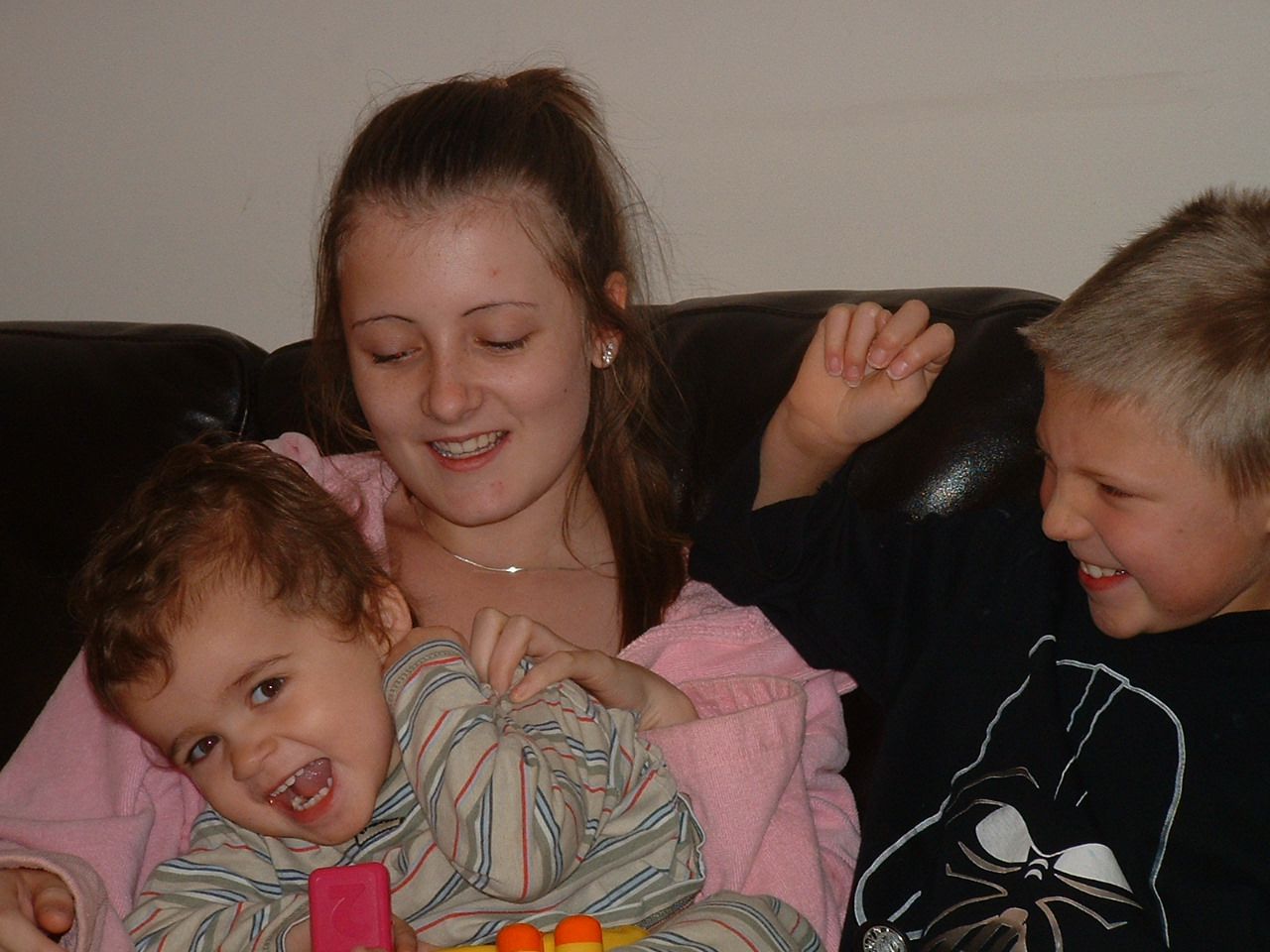
Simon's children Hanna and Louie immediately embraced their new brother (Credit: Annabelle Baugh)
Simon's children Hanna and Louie immediately embraced their new brother (Credit: Annabelle Baugh)
She told them at the time: “We don’t do halves, there is no difference between you and Byron, or you and each other as far as I’m concerned, and there’s no difference between the way I feel about Byron and the way I feel about you.”
This belief was instilled in Annabelle from childhood. She grew up close to her three brothers and sister from her parents’ previous marriages, and for the first decade of her life Annabelle had no idea that they did not share biological parents.
She said: “As far as I was concerned we were just all brothers, sisters and that’s it.
“That’s how we were all brought up, there’s no such thing as halves, there was no difference between my sister and my brothers.”
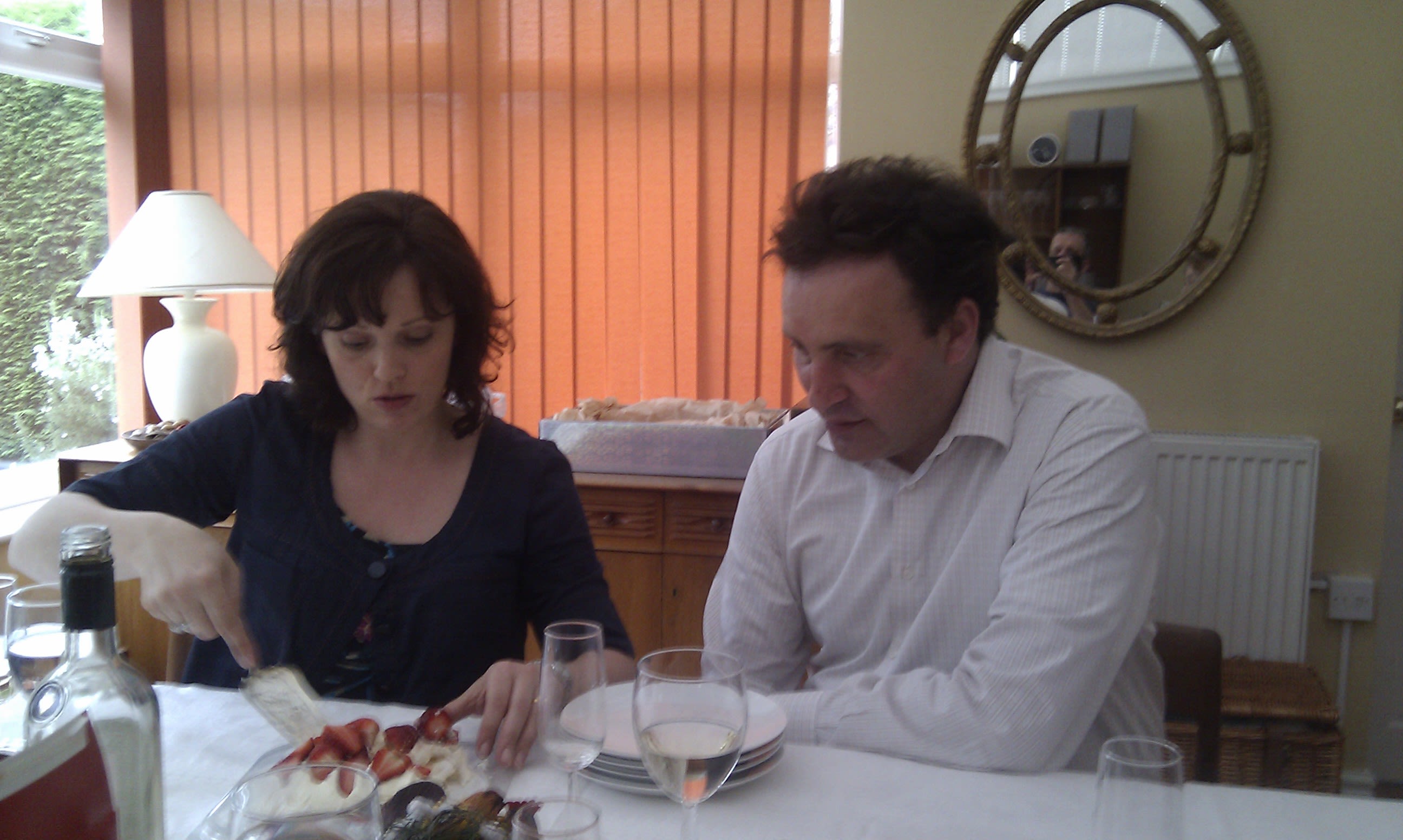
Annabelle had no idea her sister Claire and eldest brother Murray were not blood-related (Credit: Annabelle Baugh)
Annabelle had no idea her sister Claire and eldest brother Murray were not blood-related (Credit: Annabelle Baugh)
While her attitude to family seemed progressive to her peers at the time, in Annabelle’s family, the idea that the word is defined by more than DNA was well established.
Her father, renowned historian Professor John Grenville, was raised with the assistance of a school friend’s family after arriving in Britain in 1939 via Kindertransport and the subsequent death of his mother in a concentration camp.
Annabelle said: “It really doesn’t matter if you’re related or not, it’s how you care for each other, it’s how you operate as a family unit, that’s what matters, not whether you’re blood related or how the family has come together."
Today, Annabelle and Simon regularly spend Christmas and other family events with all three of their children as well as Simon’s ex-wife Wendy, who has been a source of support to Annabelle and whom Byron views just as much part of the family as anyone else.
While life has not been plain sailing for Annabelle’s family, she is clear that none of the challenges they have faced have been caused by the composition of the family.
She reflected: “We’ve had all the normal challenges, but if anything, I think being part of a blended family has made it easier to cope with those challenges.”
Annabelle points to her own family as proof that non-traditional family structures can lead to great success.
She said: “Fundamentally you can go back a long way and you can look at very successful people who have had amazing lives and gone on to have great families of their own who haven’t come from that fundamental mum, dad upbringing in a nuclear family.”
How are families changing?
Marriage and birth trends
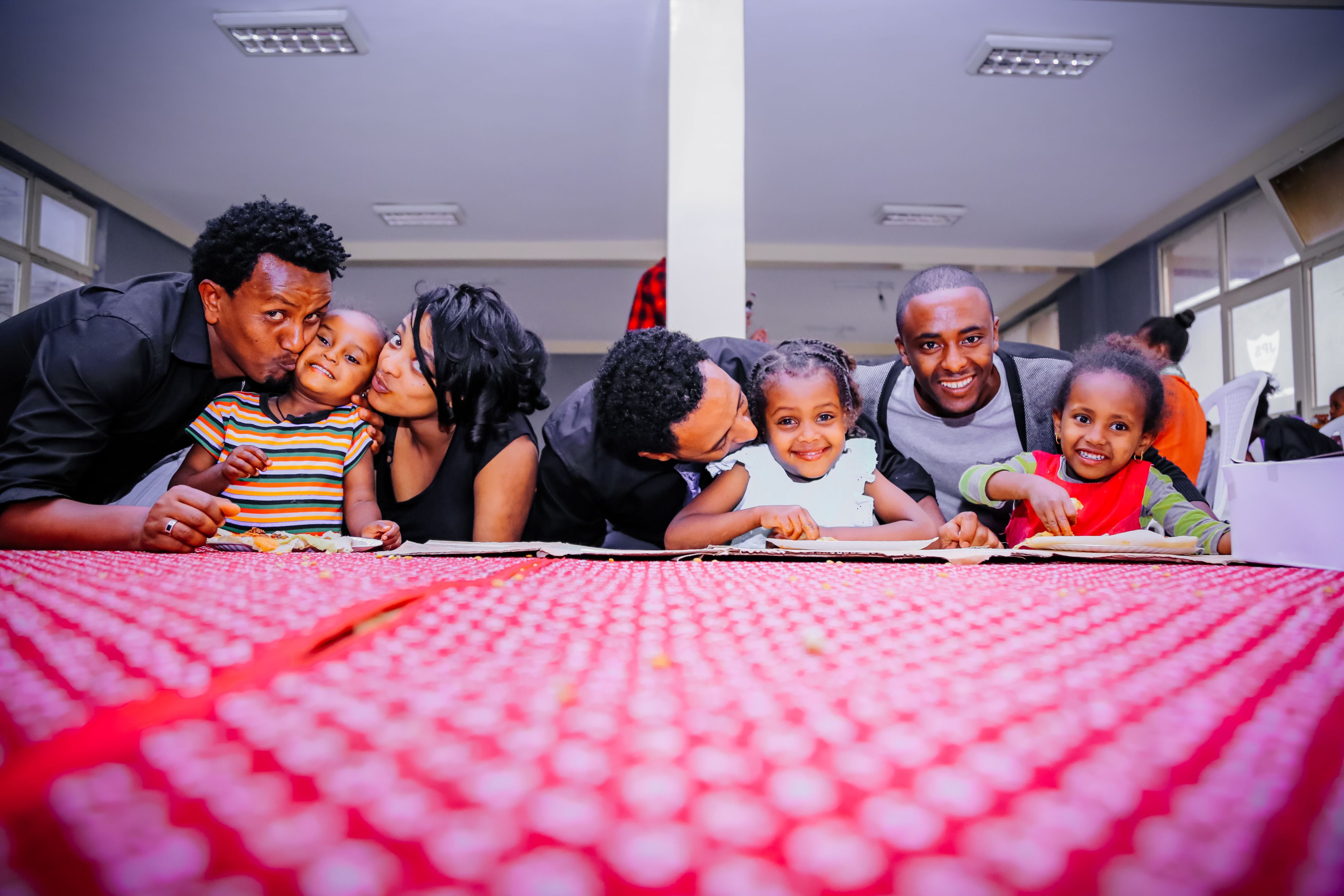
Data suggests that the number of children being raised in families which, like Annabelle's, do not fit the 'traditional' mould, has increased in the past decade.
In 2021, 613,000 children in England and Wales had a second parent or guardian’s address, up from 384,000 in 2011.
While parental separation may have contributed to this, interestingly divorce rates have not seen a similar increase.
The number of divorces performed in 2021 was the highest on record, but these figures were inflated by delays in family courts in 2017 and 2018 and a dip in the processing of divorces during the Covid-19 pandemic in 2020.
In fact, a couple married in 2005 was less likely to have divorced by their 10th anniversary than one married in 1995.
It is more likely that changing family structures are being driven by fewer people getting married in the first place.
Between 1989 and 2019, the number of marriages performed in the UK decreased by a total of 36.6%.
Meanwhile, the proportion of adults who have never been married or in a civil partnership has increased every decade from 26.3% in 1991 to 37.9% in 2021.
Furthermore, an increasing number of people are choosing to have children outside of legally registered partnerships.
In 2021, for the first time, the number of births registered outside of a marriage or civil partnership overtook the number registered within one.
Some of these children were born to co-habiting parents, but there there are also a significant number of parents raising children without a significant other.
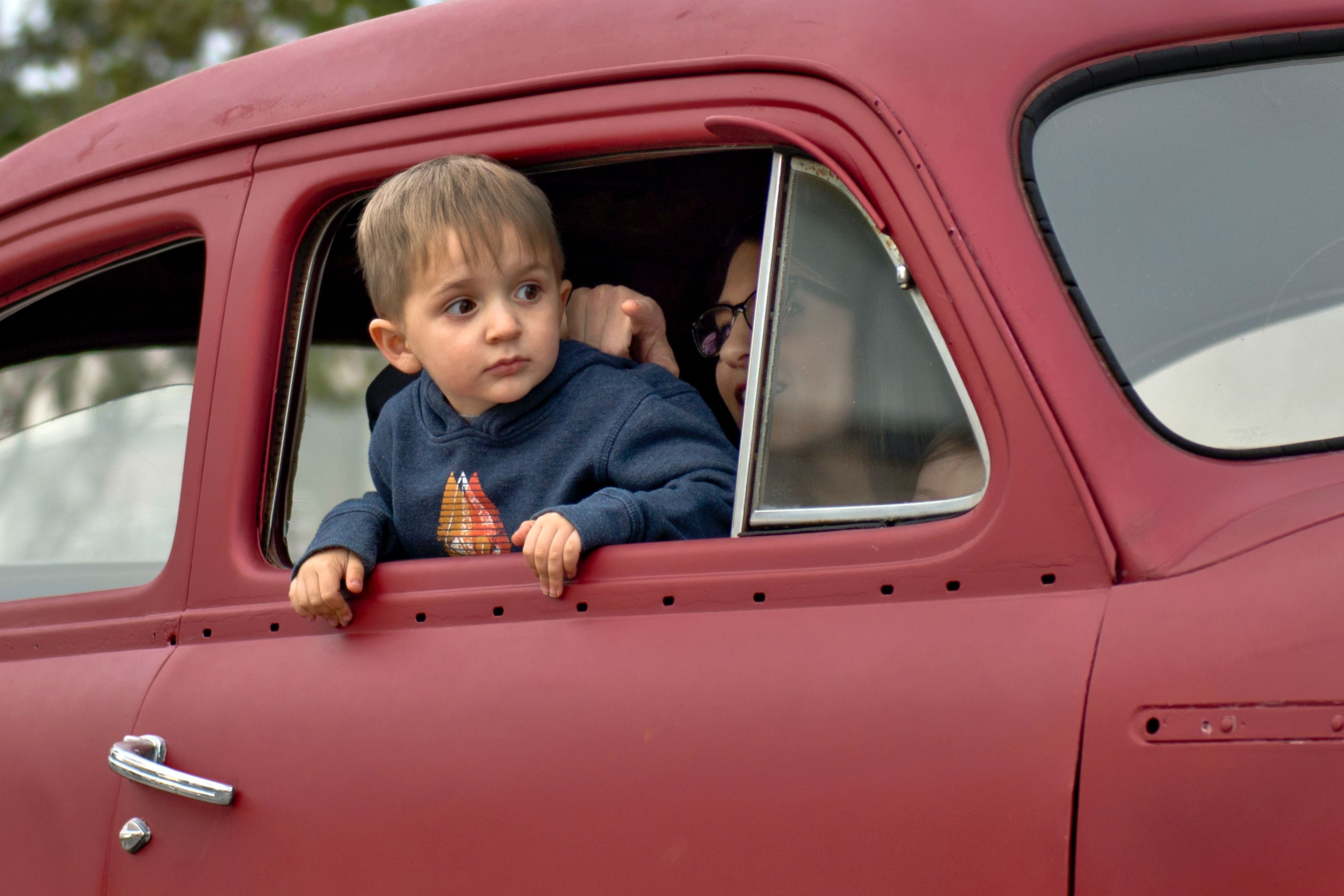
Photo by Tim Mossholder on Unsplash
Photo by Tim Mossholder on Unsplash
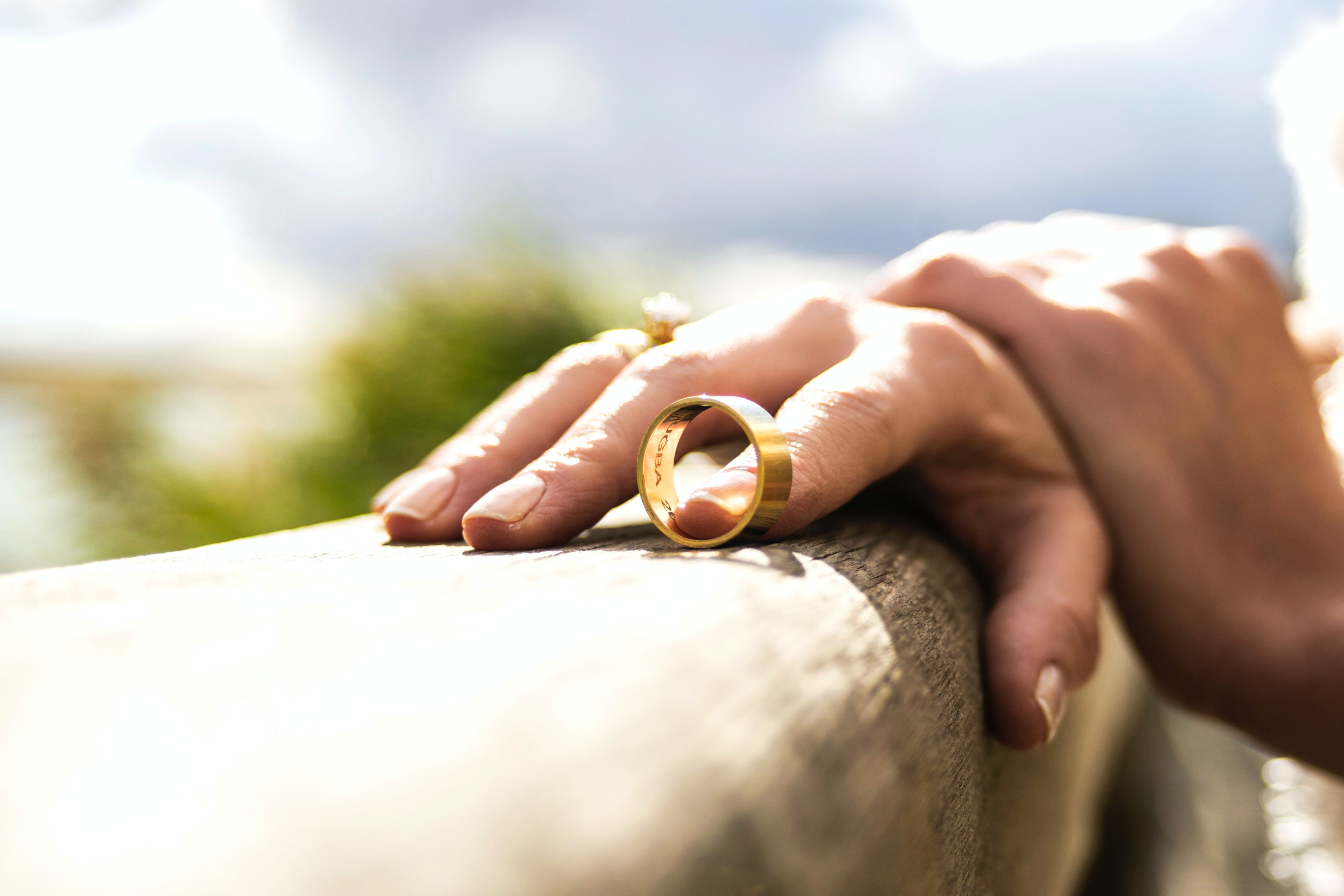
Photo by engin akyurt on Unsplash
Photo by engin akyurt on Unsplash
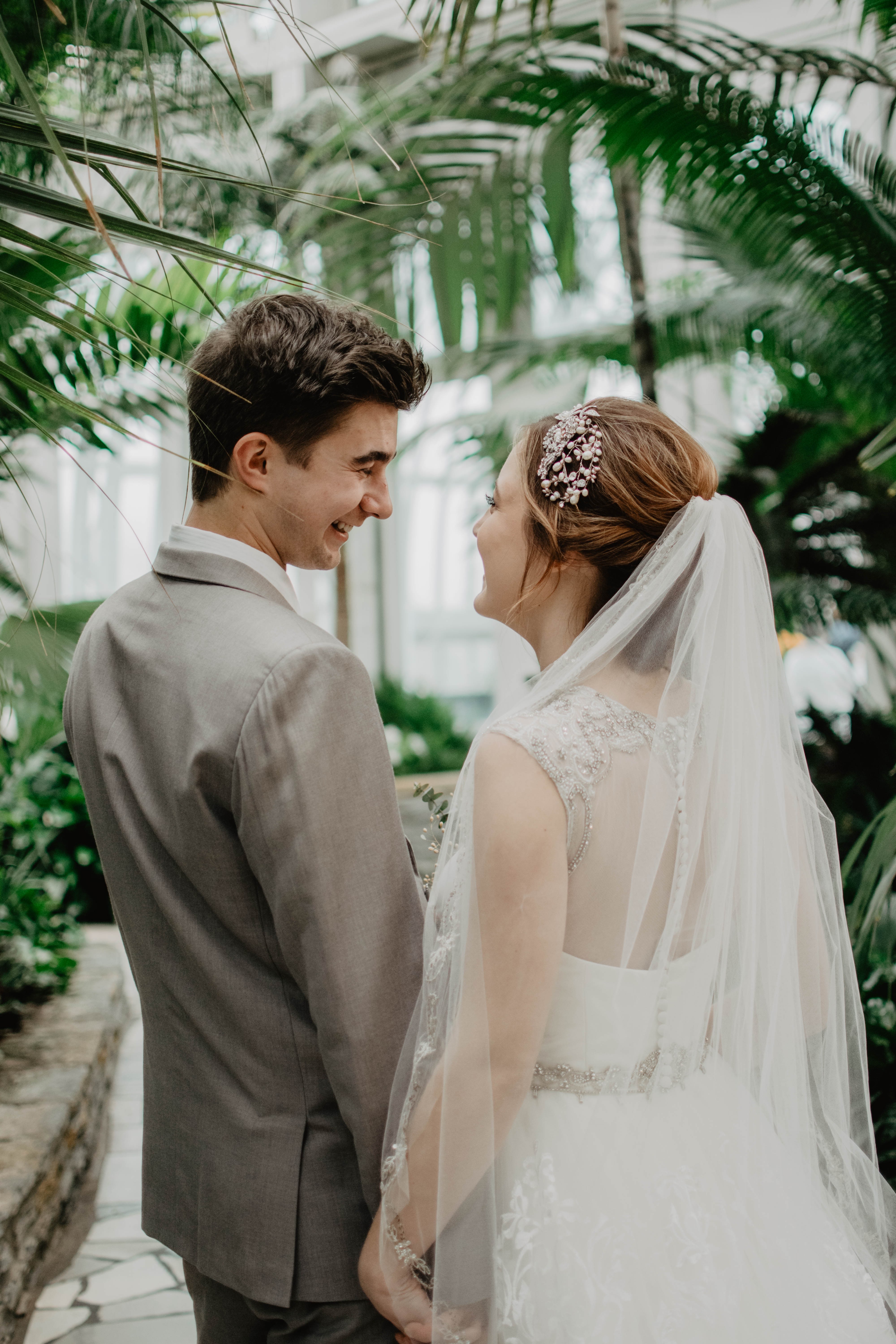
Photo by Samantha Gades on Unsplash
Photo by Samantha Gades on Unsplash
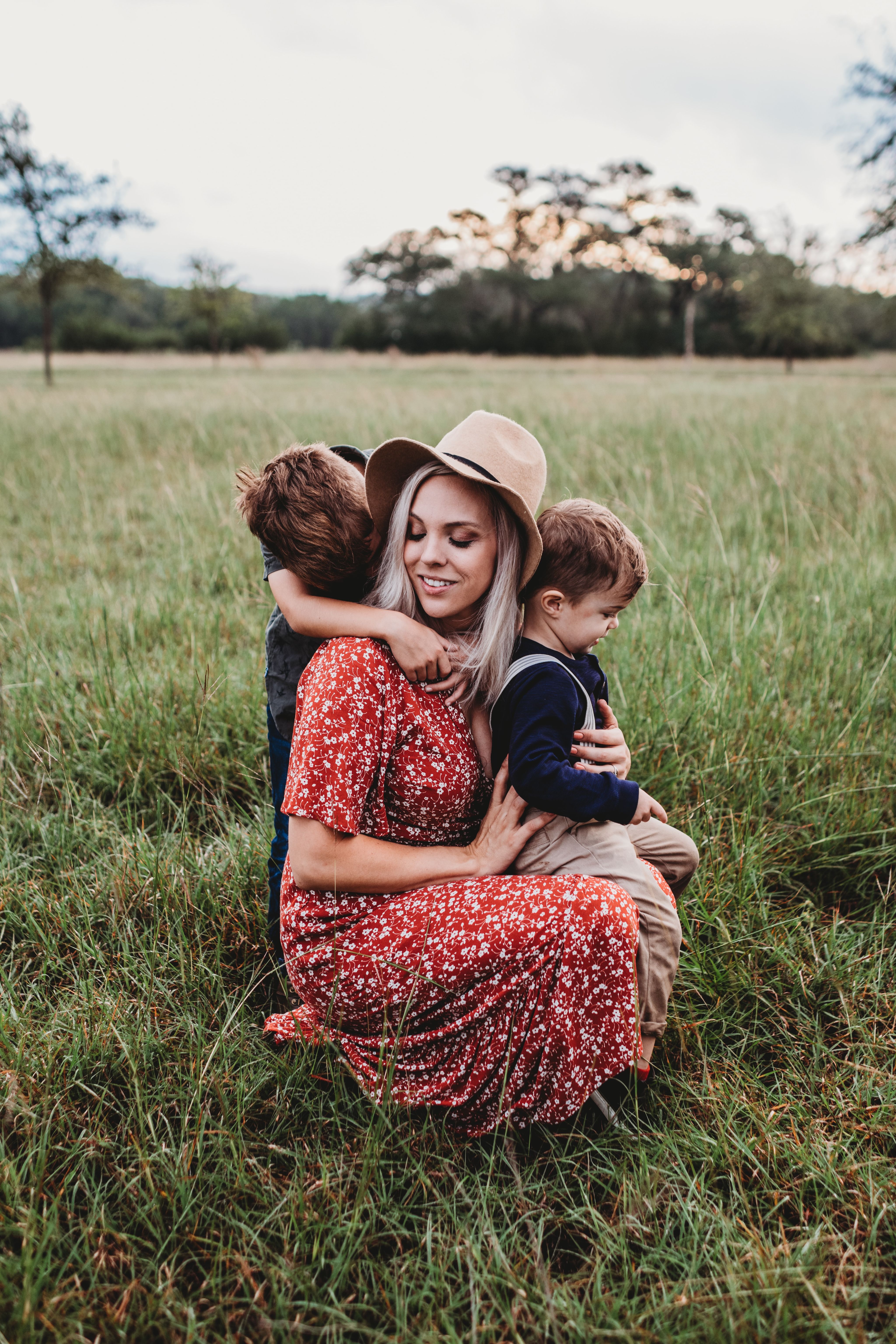
Photo by Jessica Rockowitz on Unsplash
Photo by Jessica Rockowitz on Unsplash

Gingerbread Logo (Credit: Gingerbread)
Gingerbread Logo (Credit: Gingerbread)
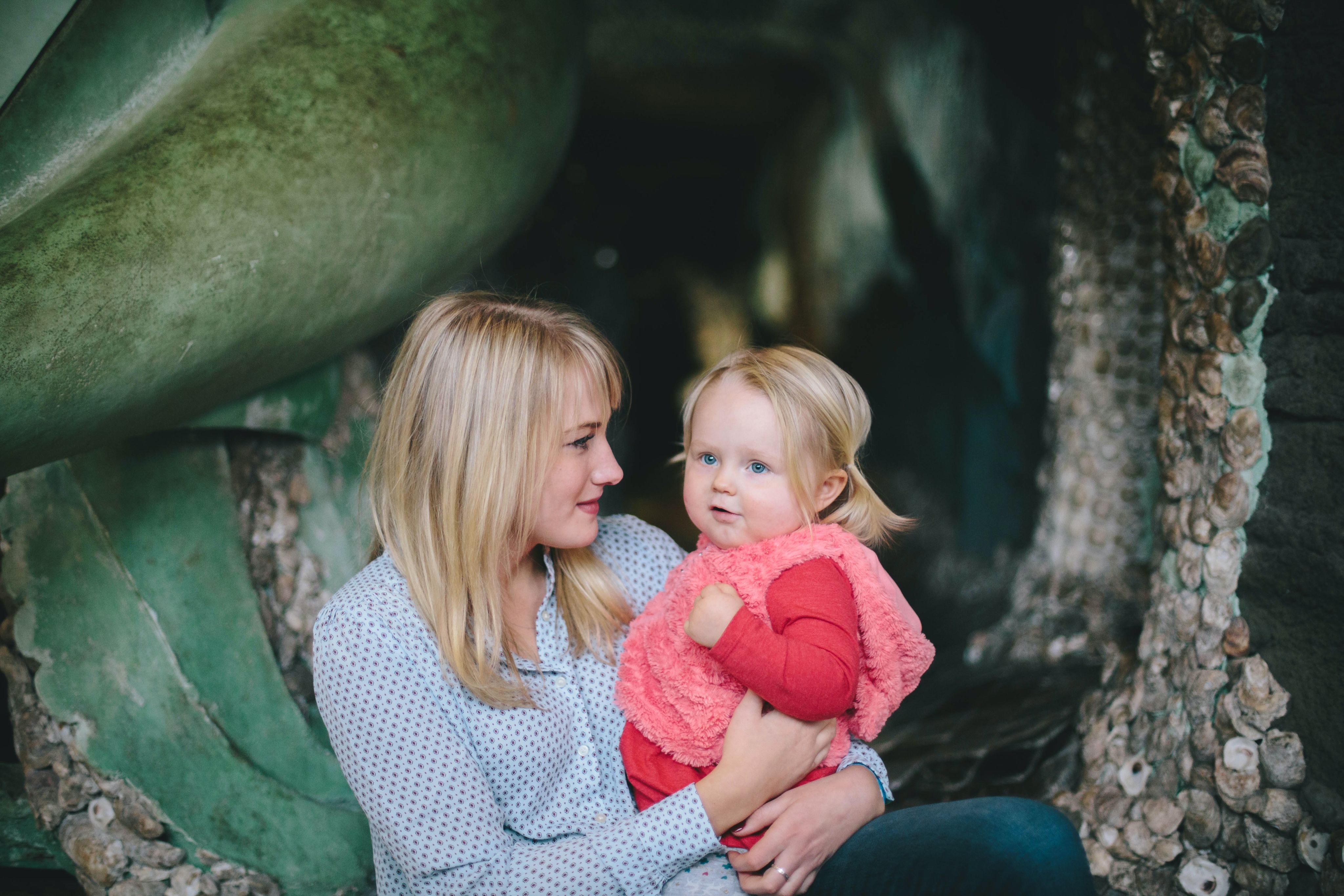
Photo by Colin Maynard on Unsplash
Photo by Colin Maynard on Unsplash
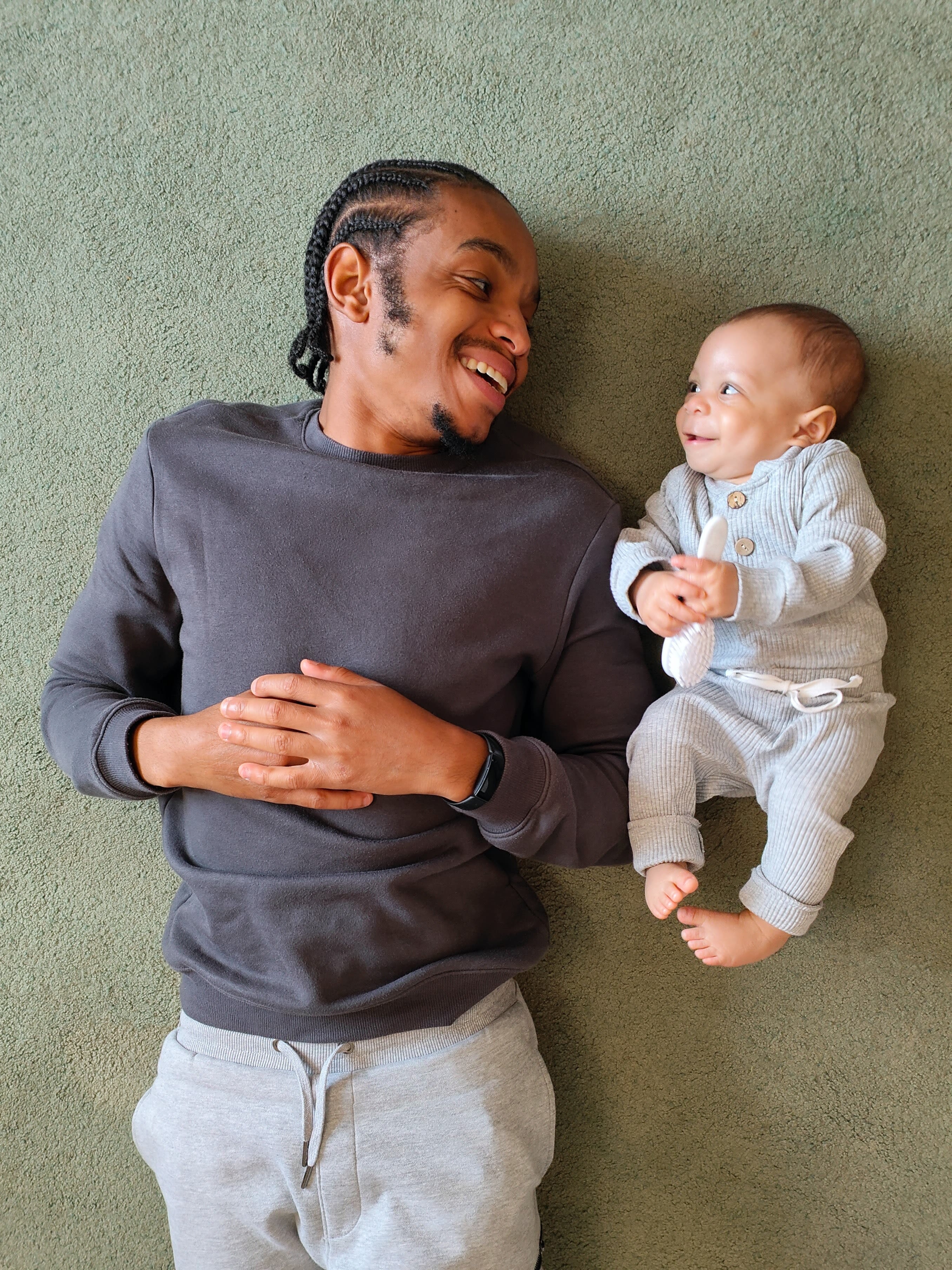
Photo by OPPO Find X5 Pro on Unsplash
Photo by OPPO Find X5 Pro on Unsplash
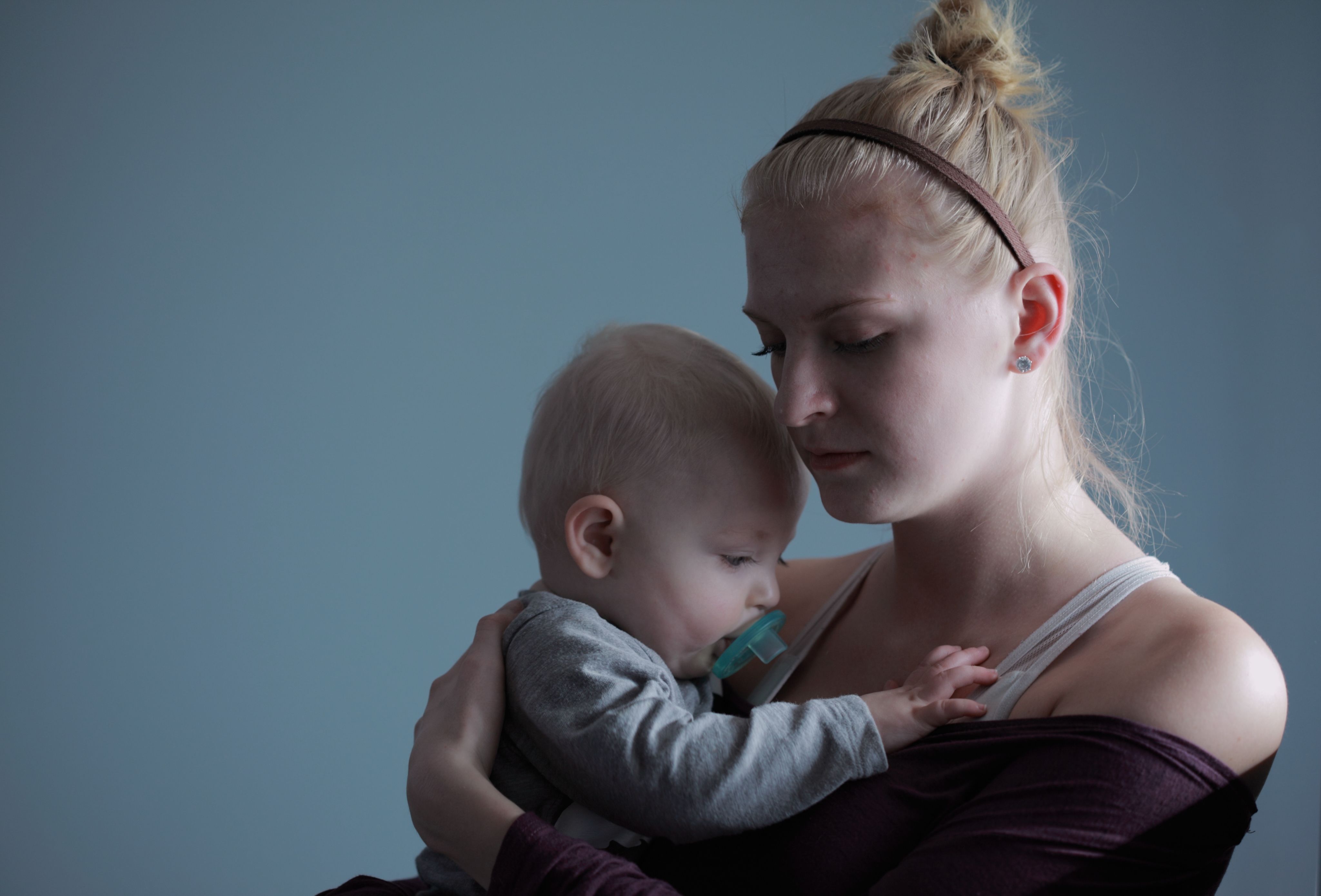
Photo by Sharon Mccutcheon on Unsplash
Photo by Sharon Mccutcheon on Unsplash
Single parent charity Gingerbread, estimates roughly one in four families in the UK are headed by a single parent.
The charity's Chief Executive Victoria Benson is clear that while children of single parents are almost twice as likely as children in couple families to be living in poverty, they are not necessarily less likely to succeed.
She believes the additional challenges they face are due to systemic inequalities and discrimination rather than their family make up.
Benson said: "Despite being a mainstream part of our society, single parents suffer a lot of stigma from all directions, including from policymakers and are often pigeonholed by unhelpful, lazy stereotypes which are a long way from the truth.
“Single parents are often amazing.
"They are resilient and resourceful, and they are excellent problem solvers.
“They have to do the work of two parents, balancing their caring and working often with very little money and support."
Among the challenges faced by single parents, Benson lists difficulty accessing quality, flexible work appropriate to their skill level, an expensive and inadequate childcare system, and a welfare system that fails to usefully support them.
She said: "We need policymakers, public service providers, employers and businesses to recognise the incredible value that single parents bring to our society and to celebrate us so we and our children can continue to thrive because of the fact we’re single parents, not in spite of it."
LGBTQ+ Families
Laura-Rose Thorogood
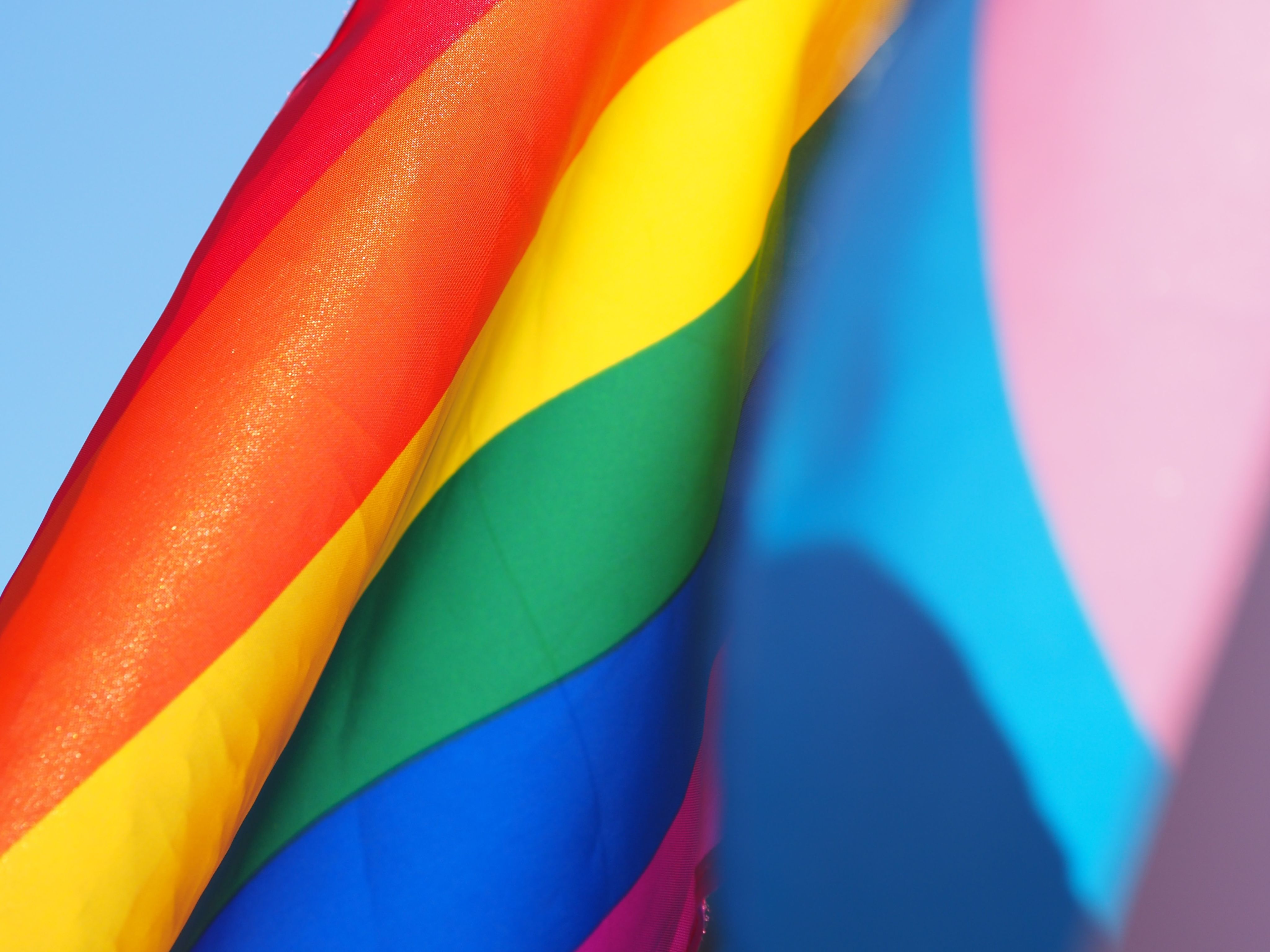
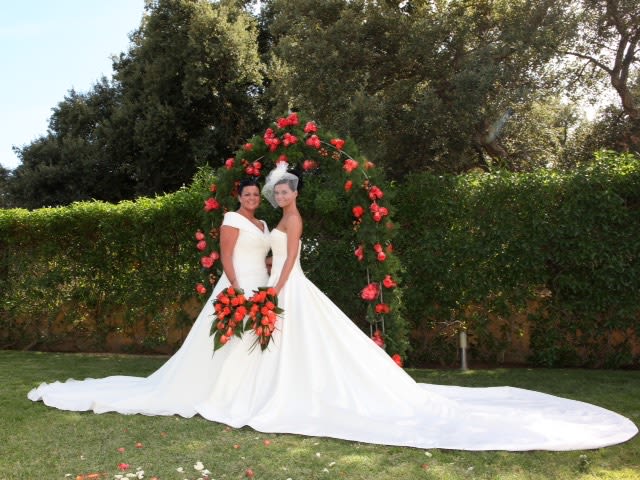
Laura-Rose Thorogood and her wife converted their civil-partnership to a marriage as soon as it was legal (Credit: Laura-Rose Thorogood)
Laura-Rose Thorogood and her wife converted their civil-partnership to a marriage as soon as it was legal (Credit: Laura-Rose Thorogood)
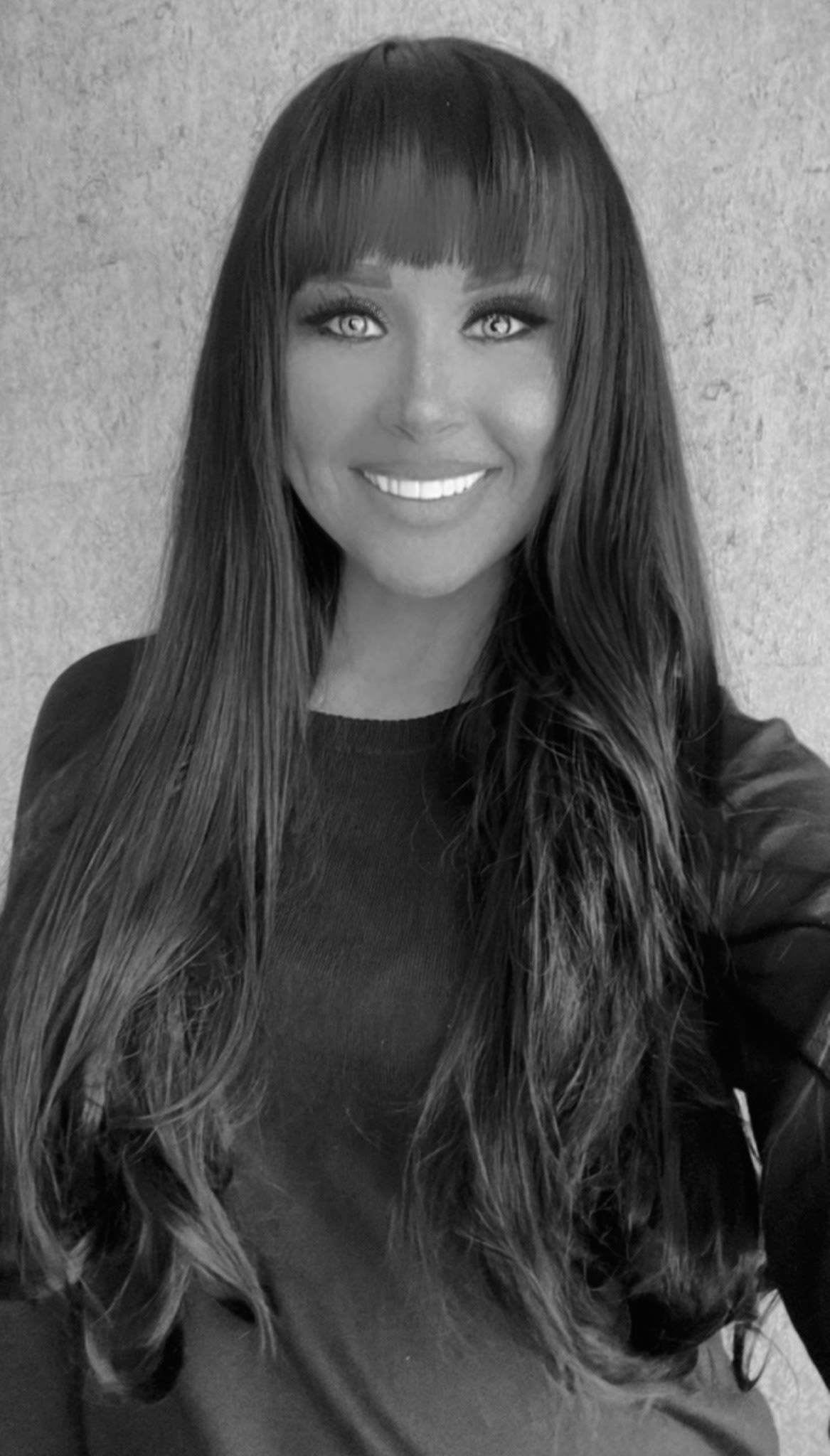
LGBT Mummies founder Laura-Rose Thorogood (Credit: Laura-Rose Thorogood)
LGBT Mummies founder Laura-Rose Thorogood (Credit: Laura-Rose Thorogood)
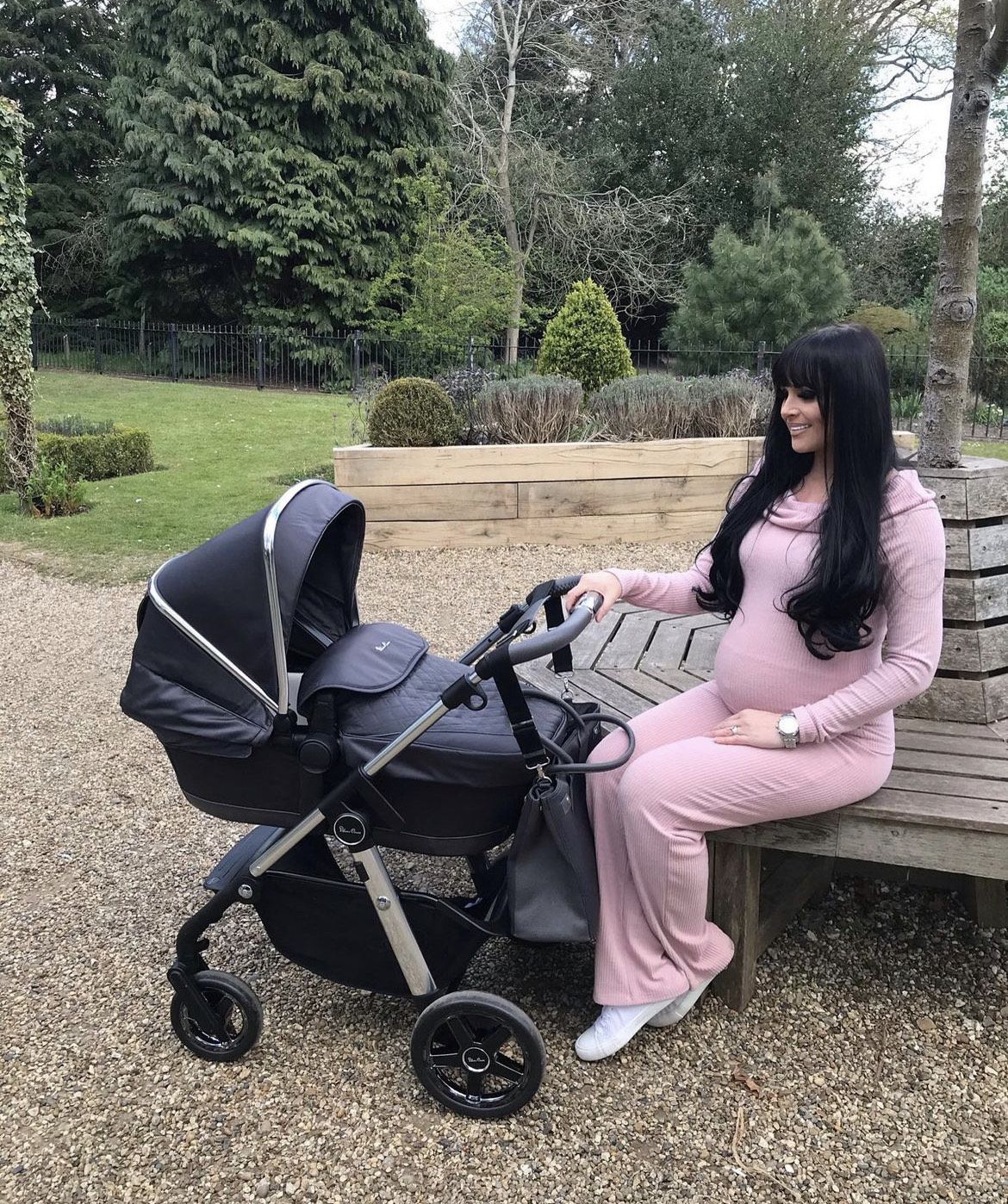
Laura-Rose and her wife have had three children through IVF/IUI (Credit: Laura-Rose Thorogood)
Laura-Rose and her wife have had three children through IVF/IUI (Credit: Laura-Rose Thorogood)
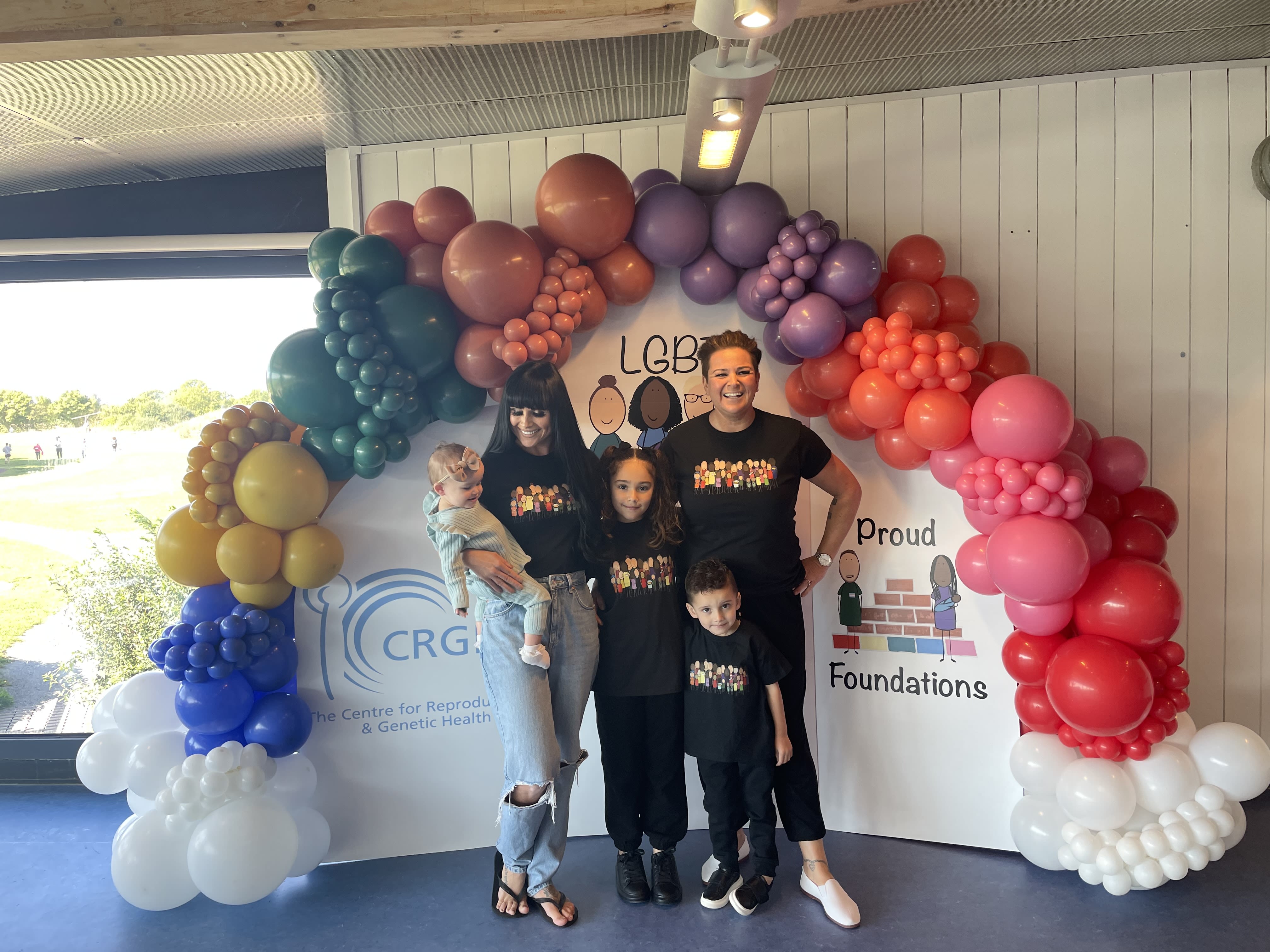
After building her own family, Laura wanted to help others do the same (Credit: Laura-Rose Thorogood)
After building her own family, Laura wanted to help others do the same (Credit: Laura-Rose Thorogood)
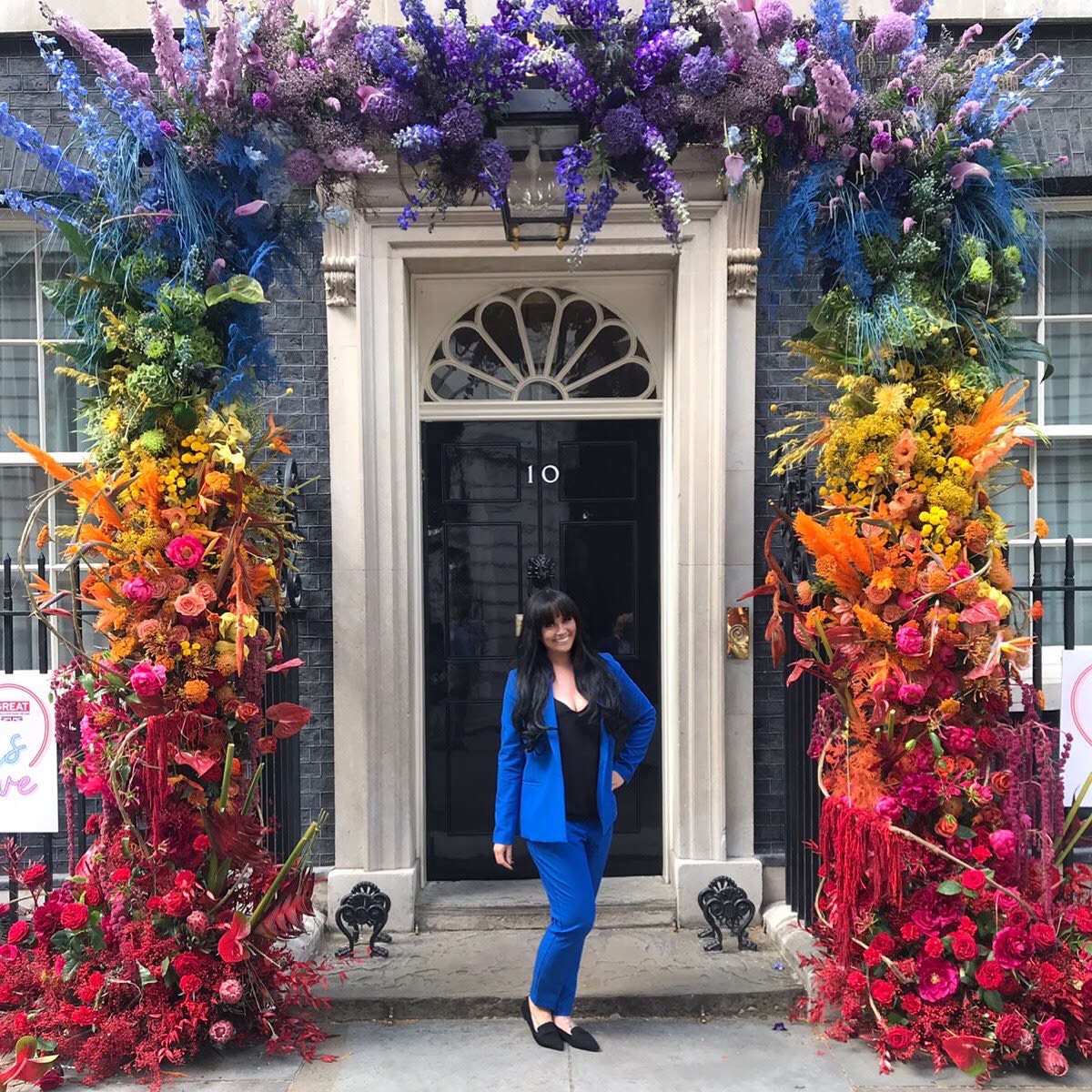
Campaigning for the rights of LGBTQ+ families has taken Laura-Rose to Downing Street (Credit: Laura-Rose Thorogood)
Campaigning for the rights of LGBTQ+ families has taken Laura-Rose to Downing Street (Credit: Laura-Rose Thorogood)
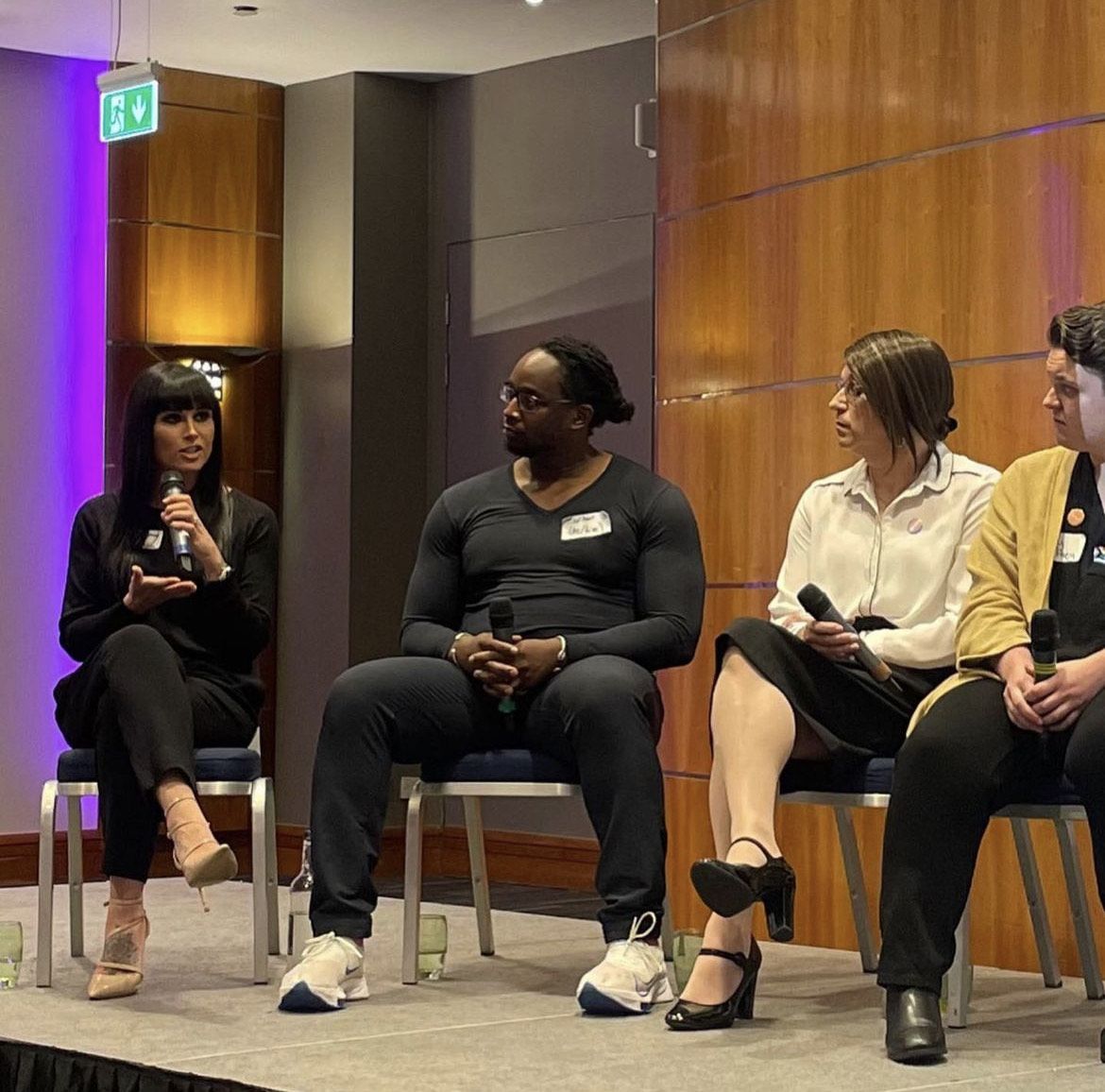
Laura-Rose pushes for change on behalf of other LGBTQ+ families (Credit: Laura-Rose Thorogood)
Laura-Rose pushes for change on behalf of other LGBTQ+ families (Credit: Laura-Rose Thorogood)
One way in which policy has progressed to account for changing family composition in recent decades is in the legal recognition of same-sex marriage.
The Marriage (Same Sex Couples) Bill came into effect in March 2014, and between then and 2019, 38,947 same-sex marriages were registered in England and Wales.
But LGBTQ+ families continue to face a multitude of barriers, particularly if they wish to have children.
While 39.7% of opposite-sex couples in England and Wales have children, this figure dropped to 14.7% for same-sex couples.
Data does not even cover the experience of transgender or non-binary parents.
Laura-Rose Thorogood considers herself lucky to have had three children with her wife, who is currently pregnant with number four.
Yet the process of building this family has not been easy.
The couple started fertility treatment 11 years ago and have undergone a total of 13 cycles of IUI and IVF, at significant financial cost.
The couple have also battled secondary infertility, miscarriage, and faced a number of stereotypes and assumptions which have forced them to repeatedly out themselves at appointments.
Laura-Rose said: “People always jump to the heteronormative view that we must be related, we must be friends, there must be some form of relationship other than being LGBTQ+ and being a couple.
“People can’t really get their head around it and make those assumptions based on how we look, how we sound and the fact there should be a relationship there that’s heteronormative.”
The difficulties the couple had conceiving her first two children lead Laura-Rose to set up LGBT Mummies which is now an organisation that provides support globally to other LGBTQ+ families.
LGBT Mummies started on social media in 2018 and was registered as a business the following year.
Today the organisation has a global following of over 50,000 social media channels and private support groups.
They have worked with charities and organisations including LGBTQ+ rights organisation Stonewall, the NHS and Government to remove barriers facing LGBTQ+ people starting families.
A long-running priority has been fighting for equal access to NHS funding for fertility treatment.
Currently, the majority of Integrated Care Boards only offer financial support for IVF after same-sex couples have self-funded for several rounds.
According to Laura-Rose, this can place a financial burden of up to £25,000 on couples, something opposite-sex couples do not face.
As a result, families are pushed into debt or forced to explore ‘alternative routes’ which lack protections such as fertility checks on donors, screenings for genetic conditions, and can lead to emotional conflict down the line.
Laura-Rose said: “Home insemination is a great thing for many people.
"Many people have a great experience, have known donors and co-parent, but then there are those families that do have a really difficult experience whereby intent changes, the donor wants access, they have to go to court, there’s fees, there’s mental health implications, relationships break down, and it impacts the child.”
The Department of Health and Social Care’s Women’s Health Strategy promised to offer more equitable access to NHS-funded fertility services.
When it was published in August 2022, the ‘vague’ and ‘evasive’ language used led Laura-Rose and other LGBTQ+ activists to fear change may not happen as quickly or go as far as they would like.
She said: “Some people haven’t got ten years to wait.
“We don’t want people putting their families and their futures on hold.”
Discrimination against non-birthing parents is also of concern to Laura-Rose, who herself has been told by medical professionals that she is not the mother of her child.
On the experience of the non-birthing parent, she said: “The other parent is not able to carry, so in some ways they are already seen as less than, they are already far removed from the experience even if they are genetically related.
"This is another barrier, to say actually, you’re not part of this journey, you’re just a giver of the eggs.
“There’s so many different layers to discrimination that we have to experience and overcome.”
For Laura-Rose, increasing inclusion and representation is the first step toward ending this discrimination.
She said: “Not every family is a nuclear family, there are different types of families out there, so many, especially in our community.
“There needs to be that space for everyone, and we needed to be included in those policies.”
Not only does she want the LGBTQ+ community to be given a seat at the table when policy decisions are made, Laura-Rose is also calling for young people to be properly educated about different kinds of families:
Defining 'family' is challenging because the term has such a deeply personal meaning for so many.
While some families fit in to the 'nuclear' model, many others others are defined not by DNA but by love, support and security.
While the diversity of families in the UK has undoubtedly increased in recent decades, Holmes is clear that in her 27 years at Relate 'non-traditional' families have always existed.
She said: "People have much more freedom now to make choices and to live in the way that they might want to, and so being a single parent is something that’s absolutely acceptable and is fine whereas it might not have been fifty years ago so that’s really good, we’ve advanced, as well with same sex couples and adopting children or having surrogate babies, it's all happening more.
"I think on the whole that’s always happened probably and it will always continue.”
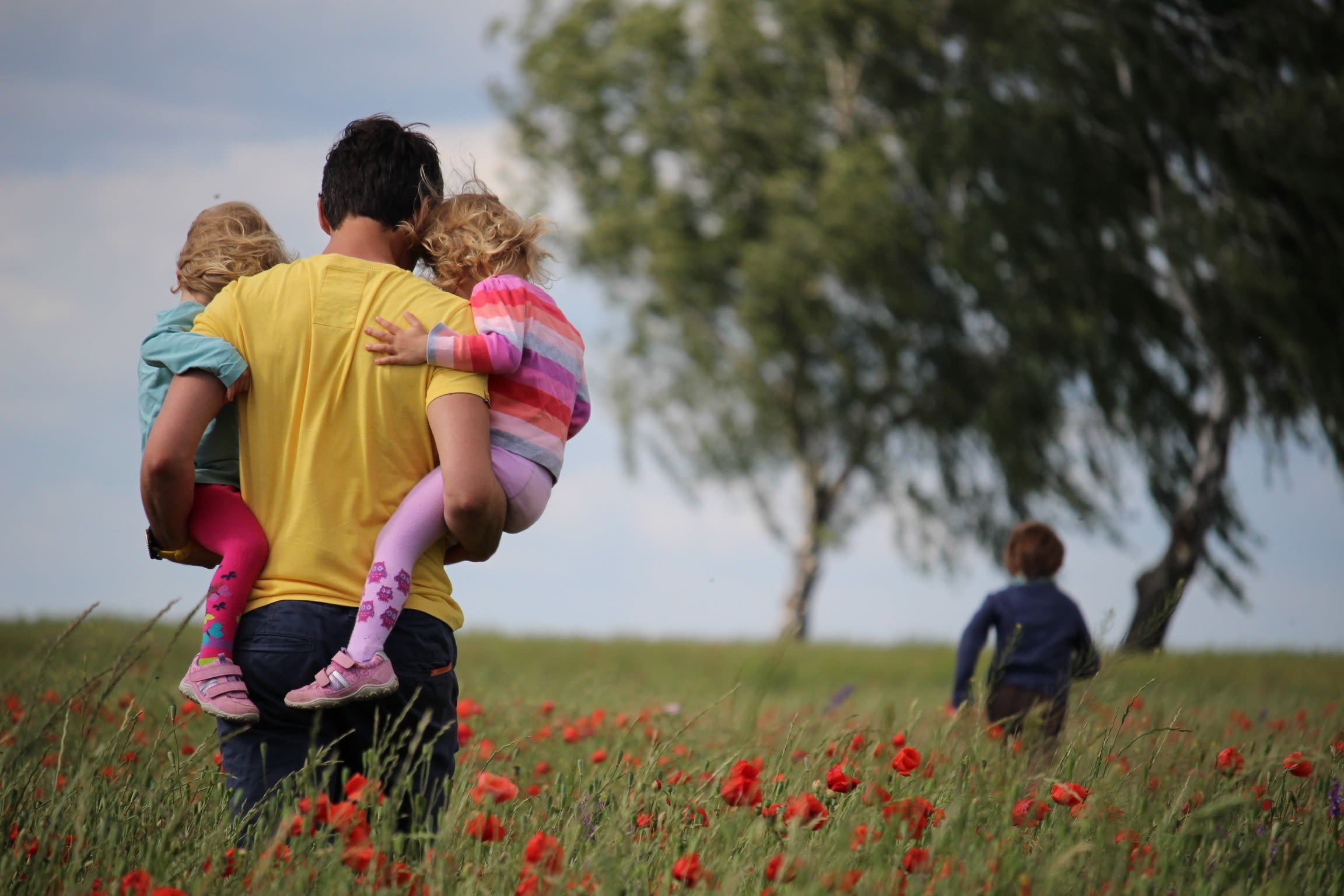
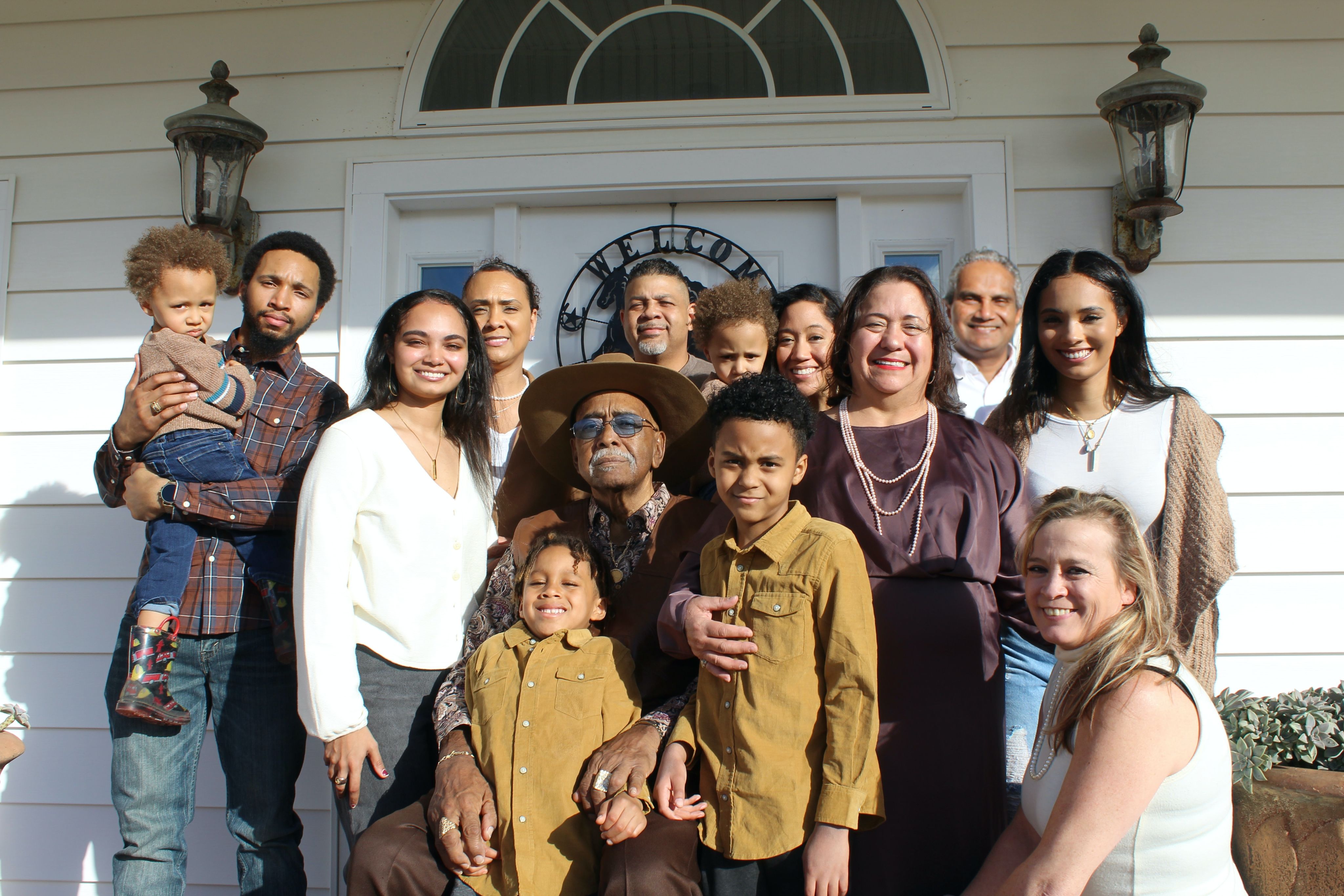
Families of all kinds can need help...
For general family support:
For single parents:
For members of the LGBTQ+ Community:
